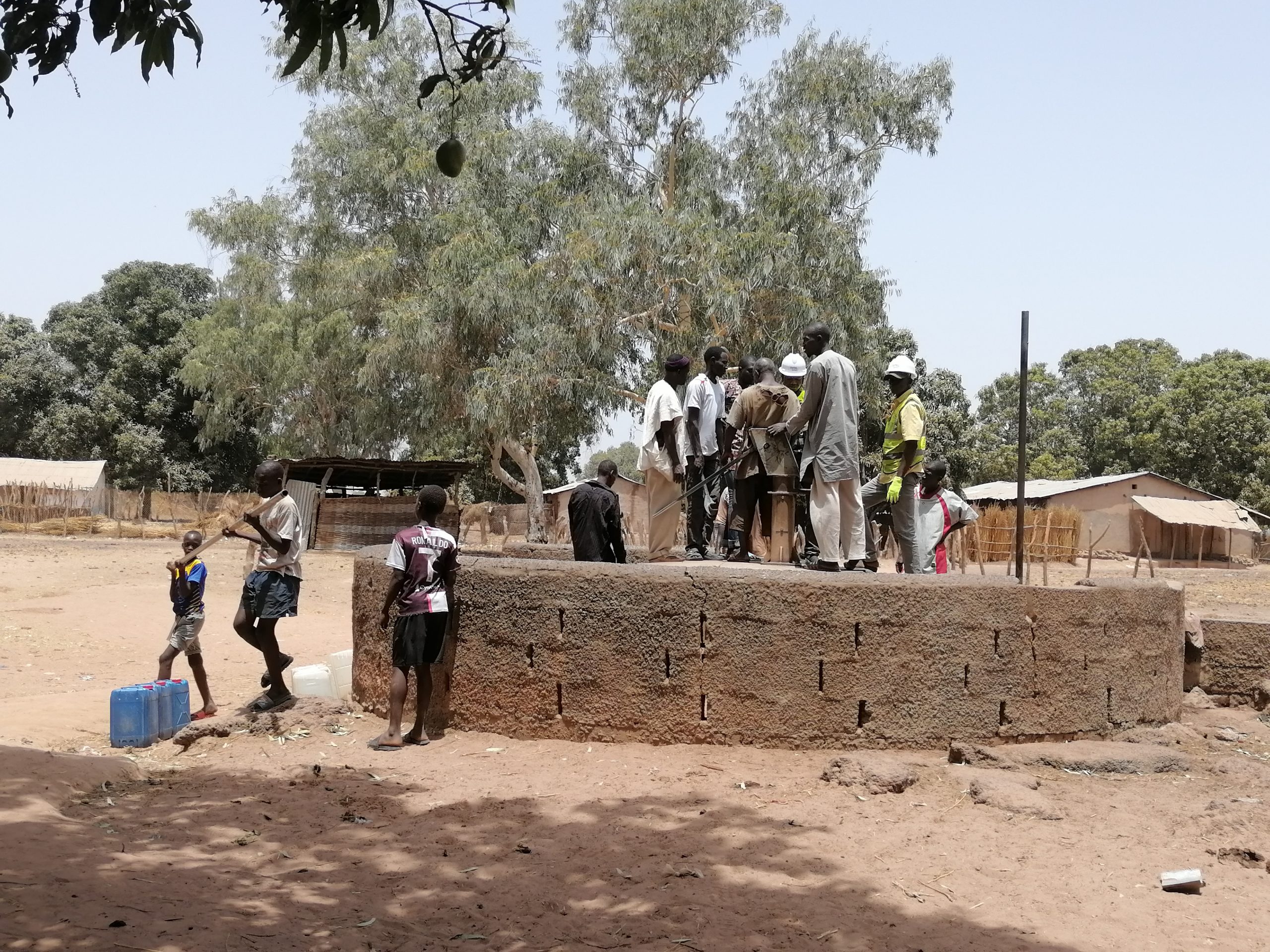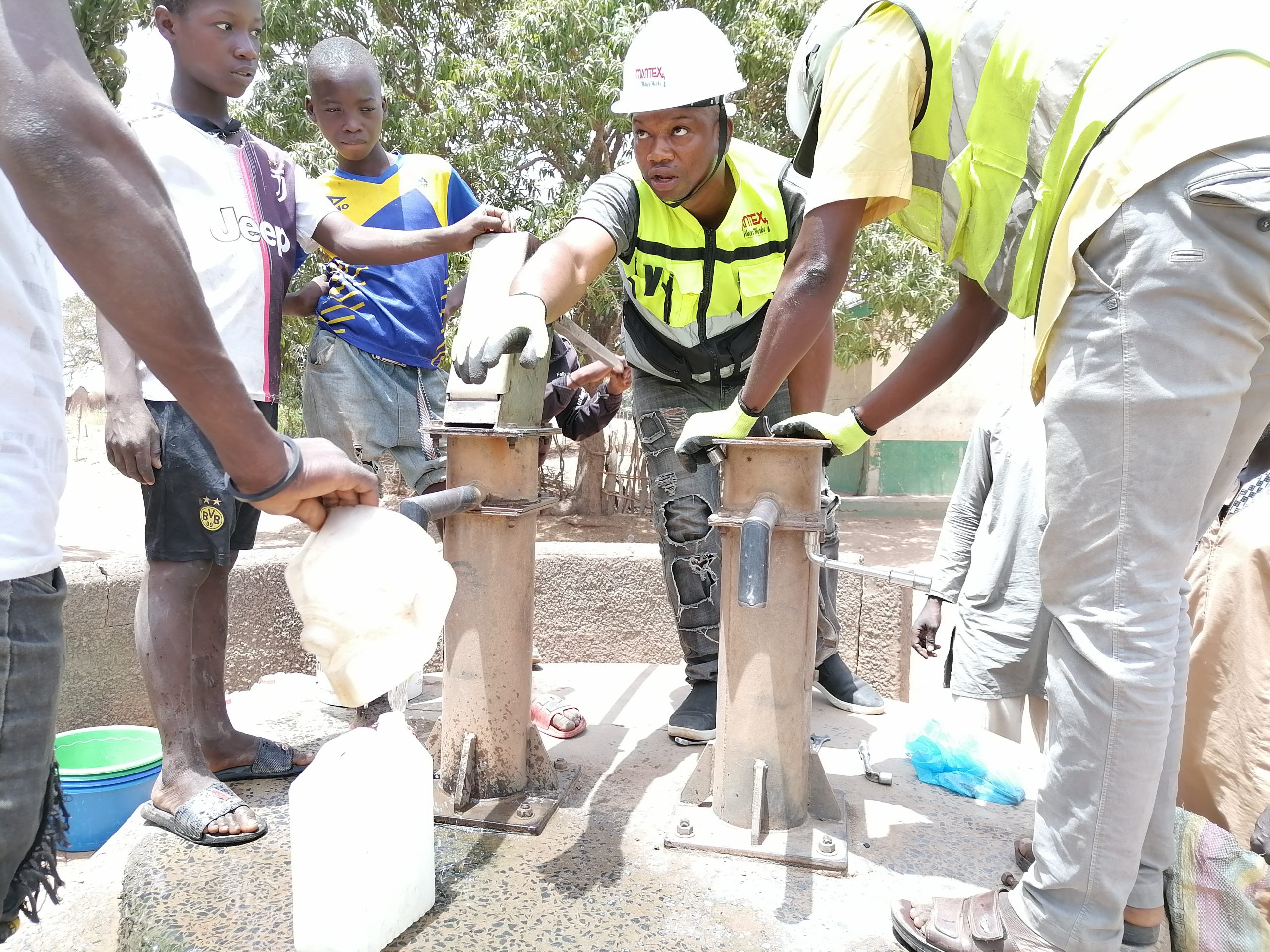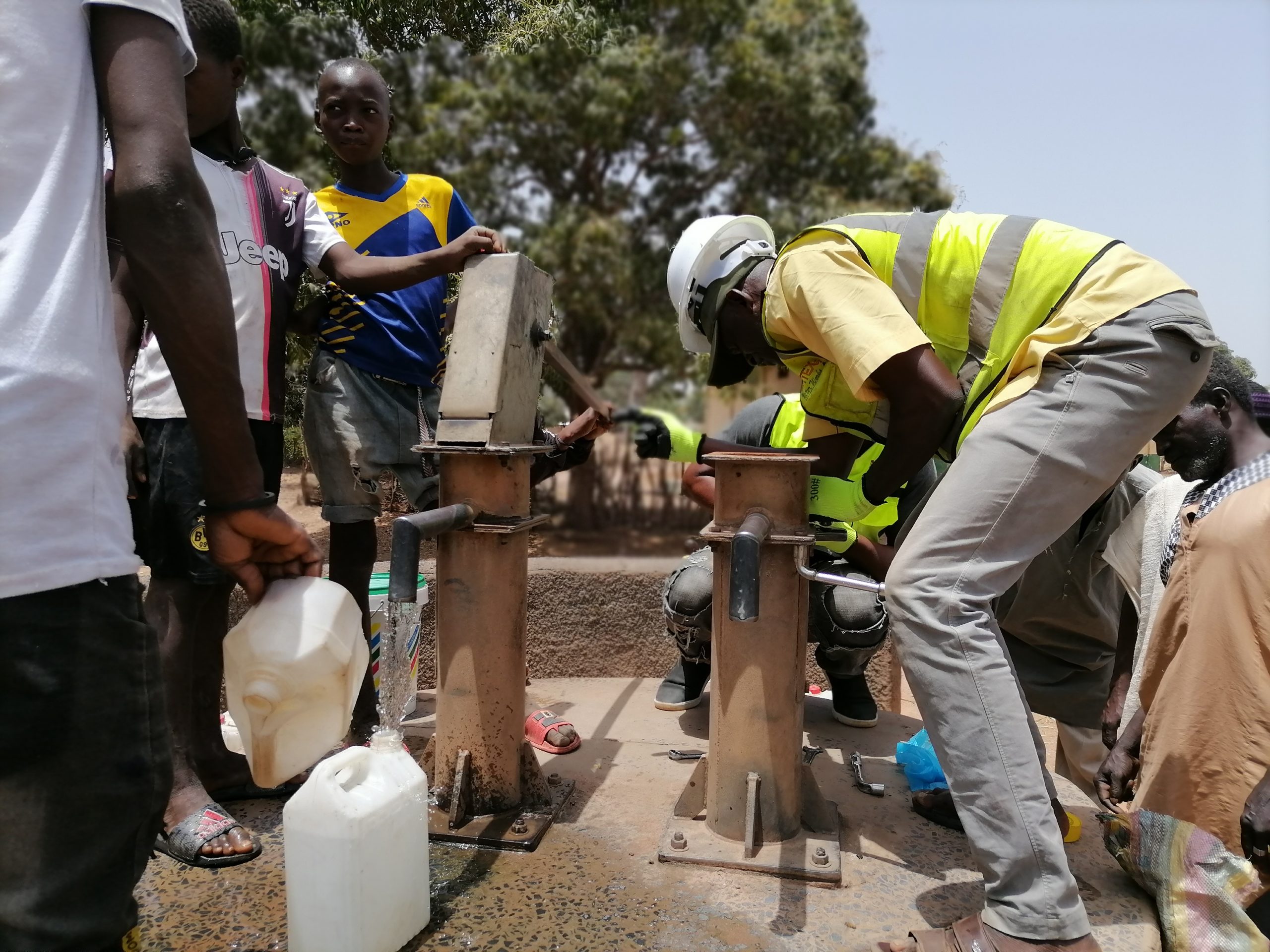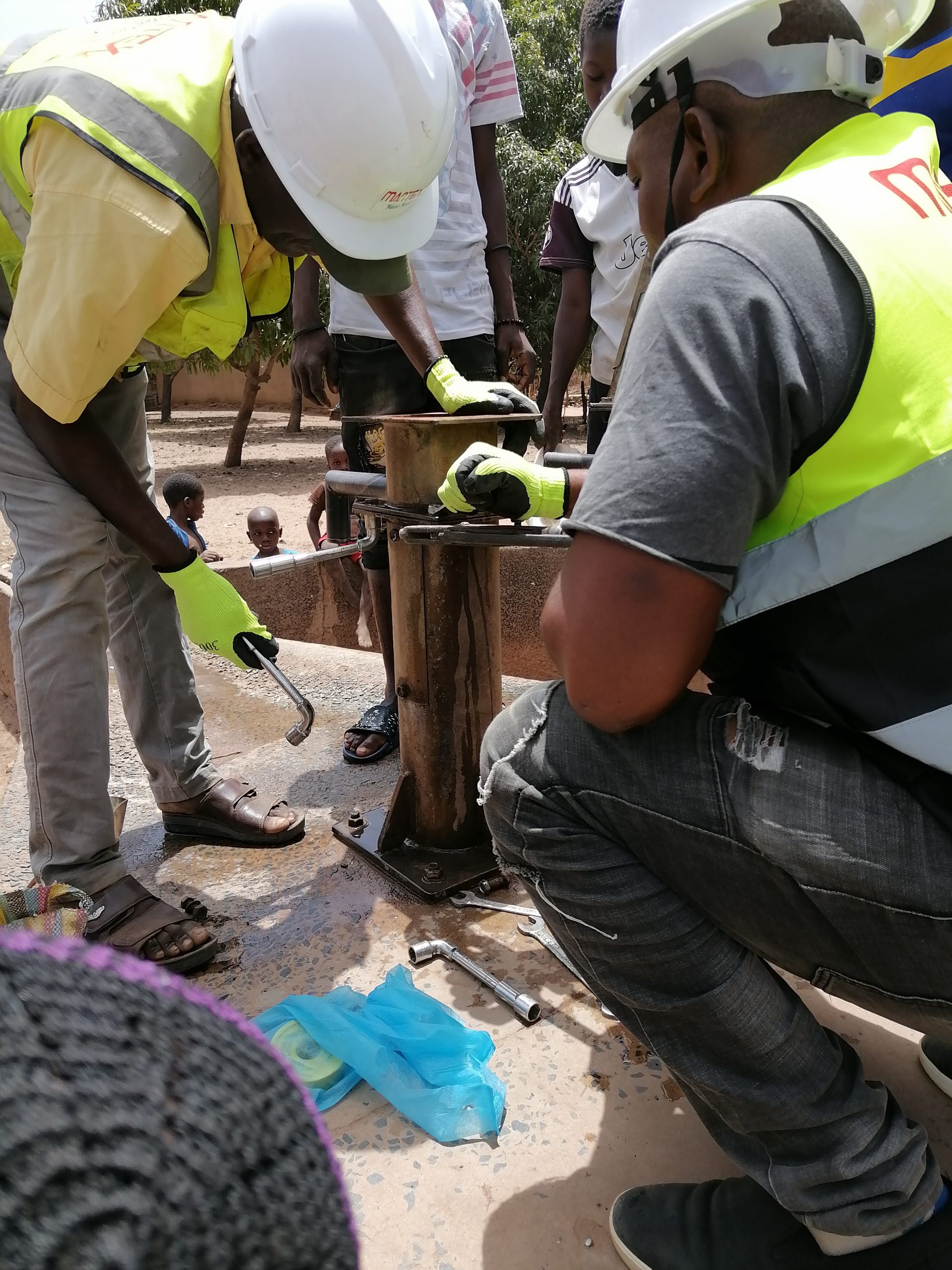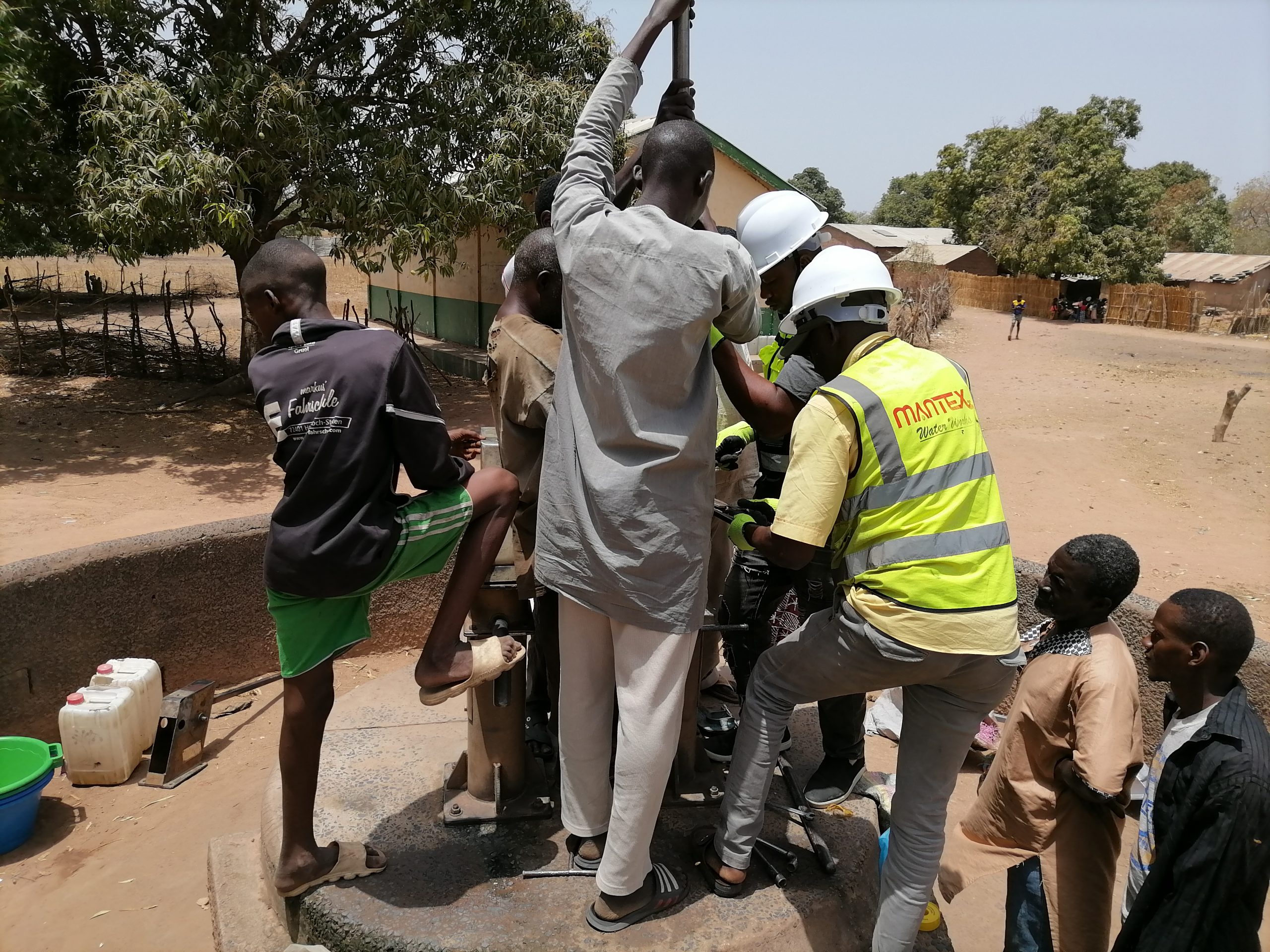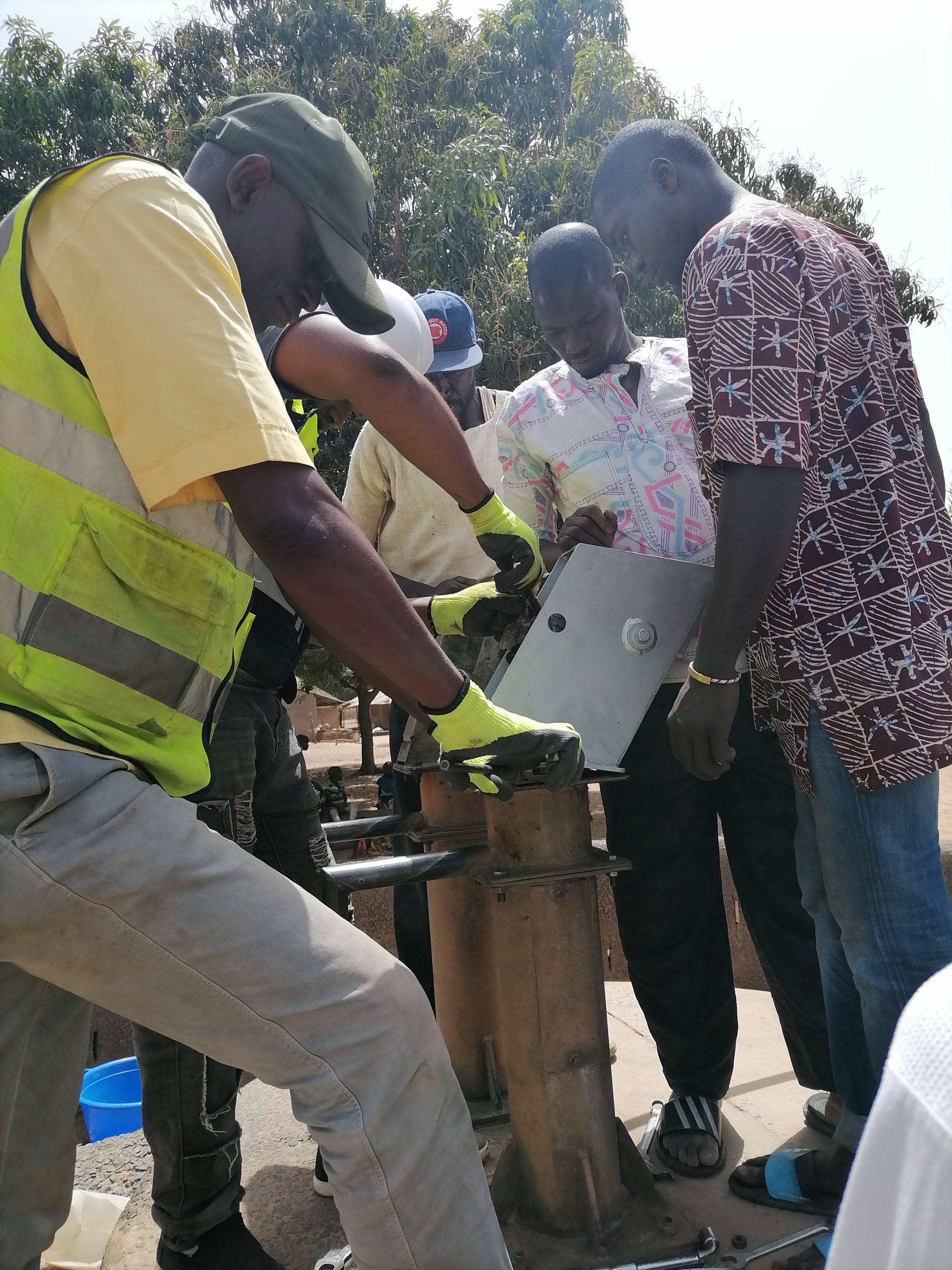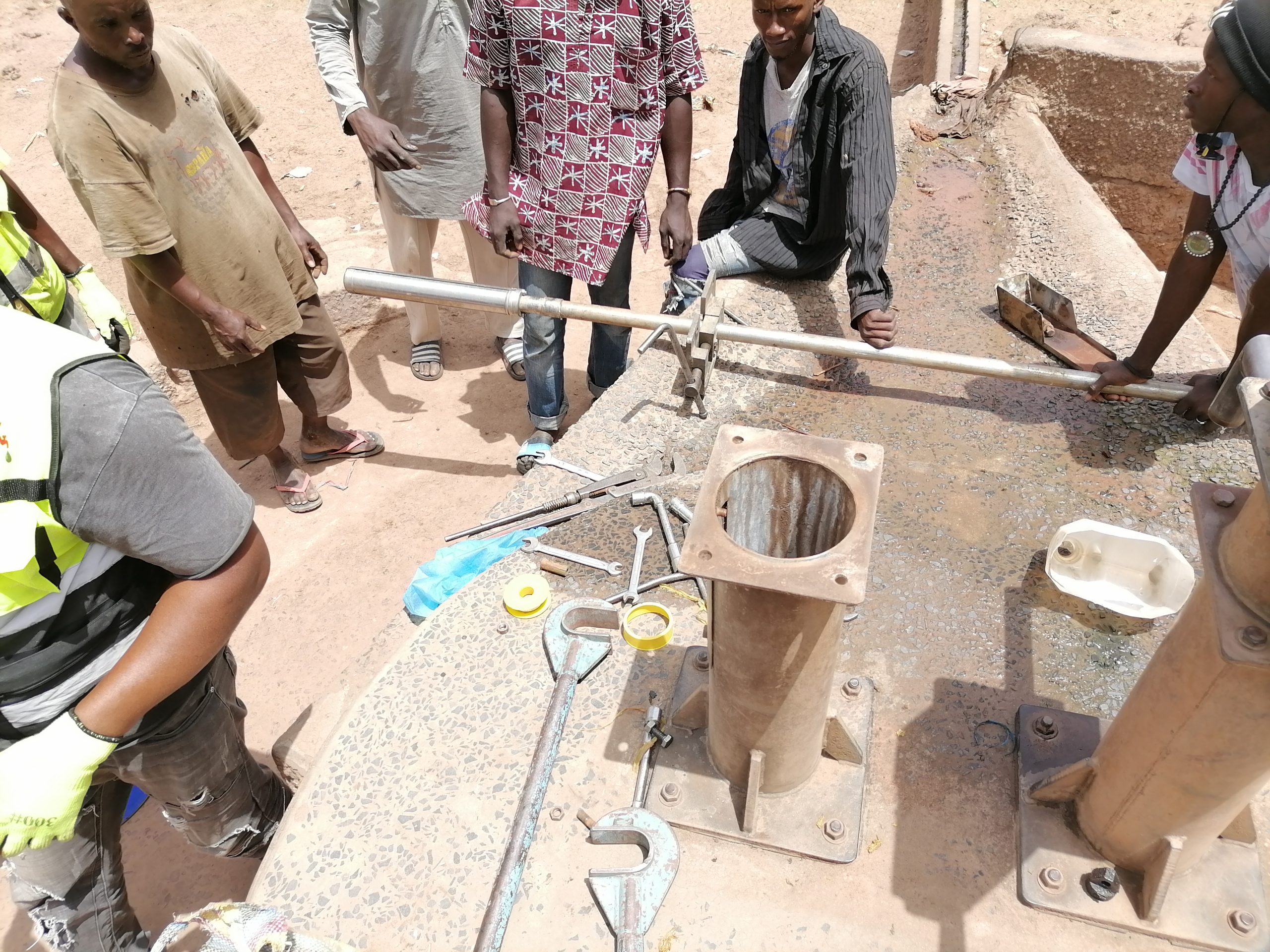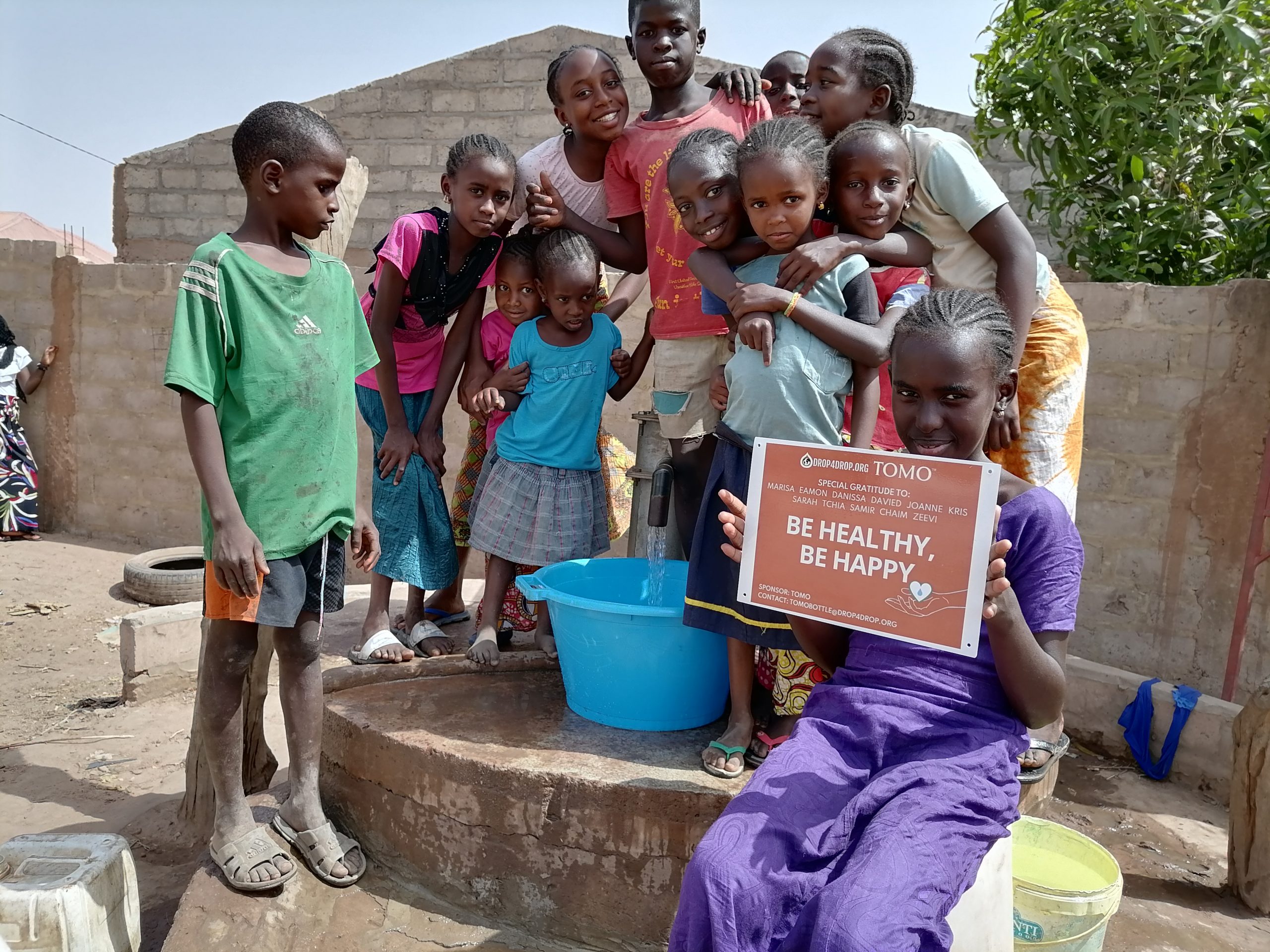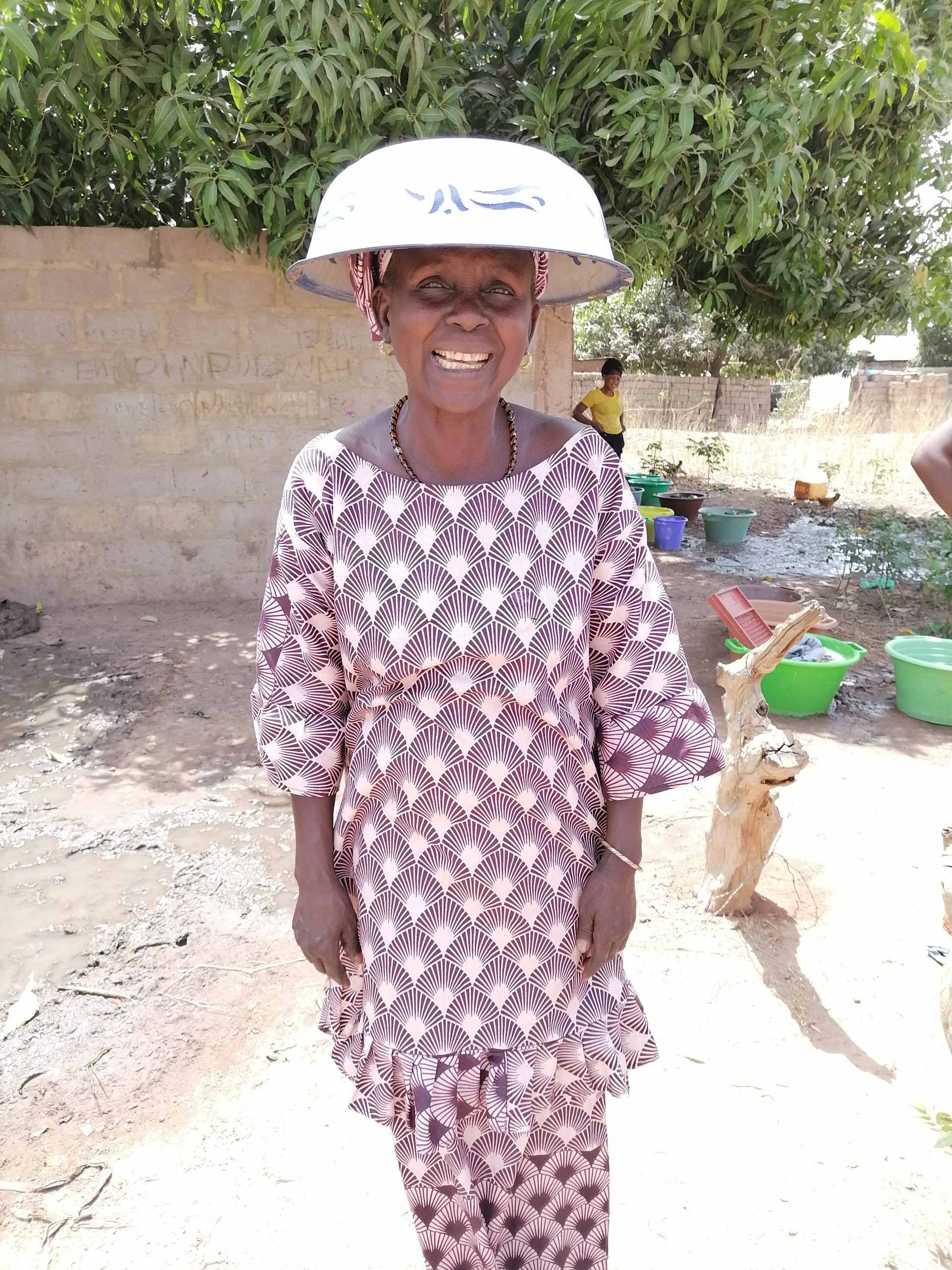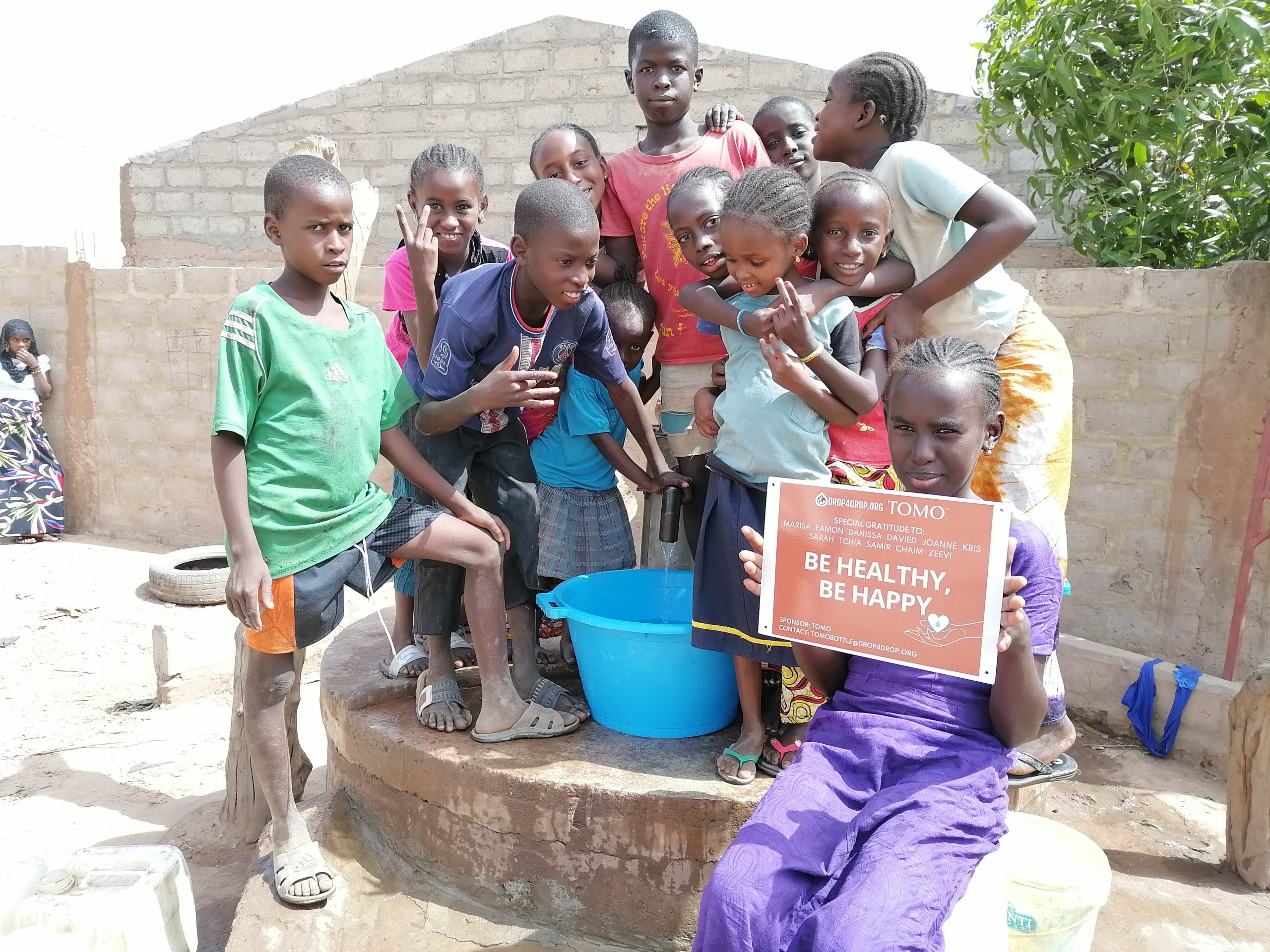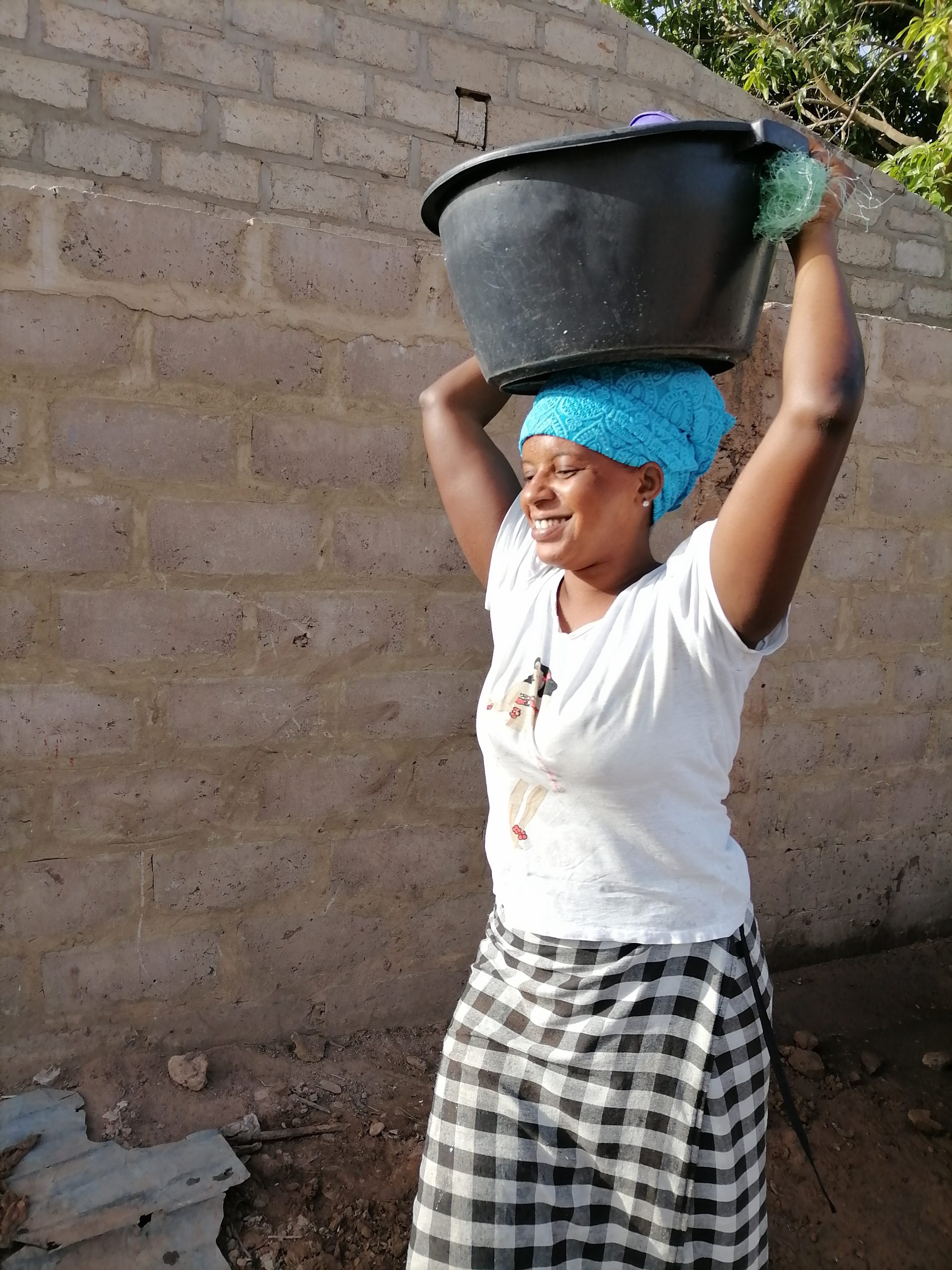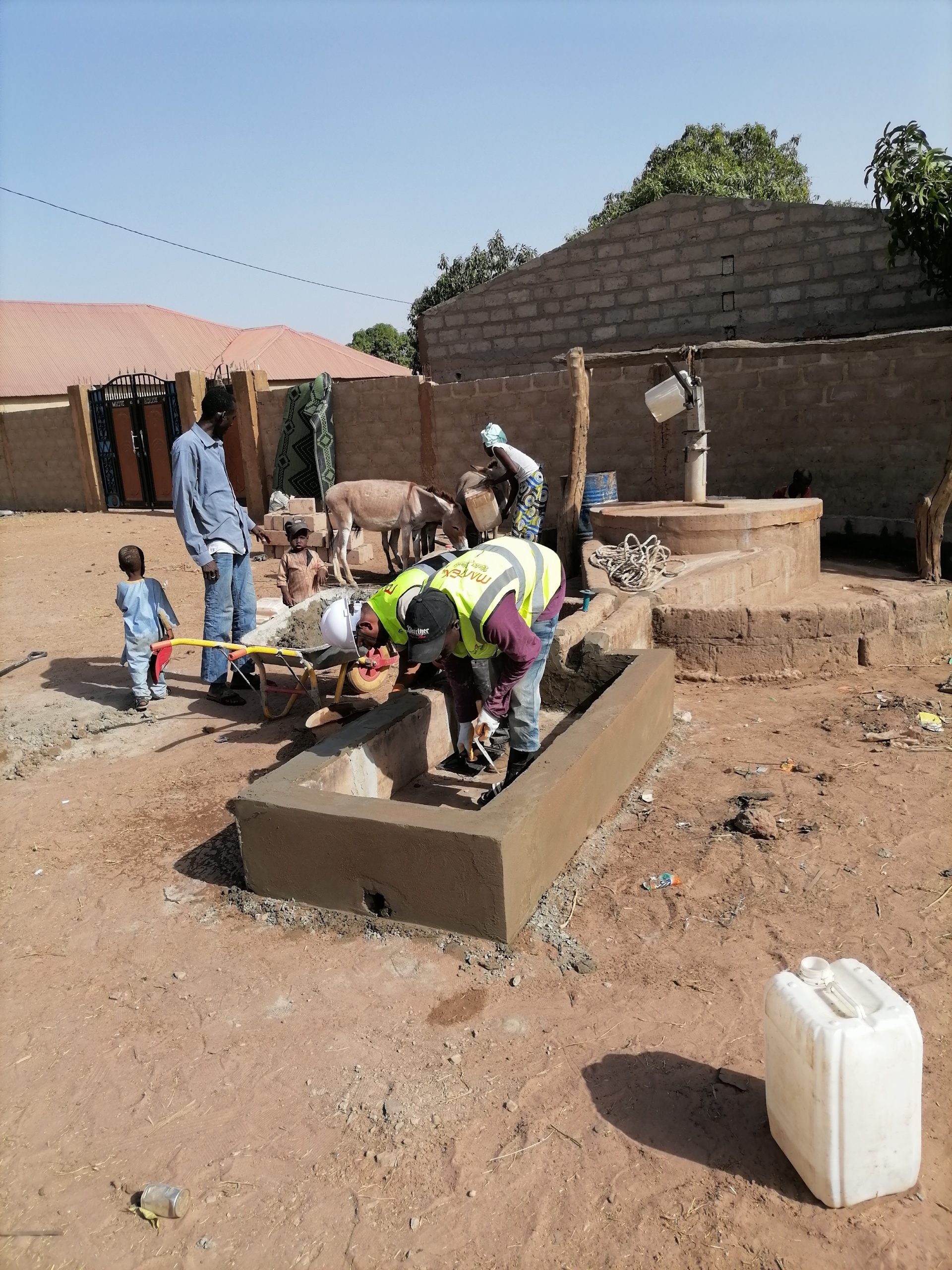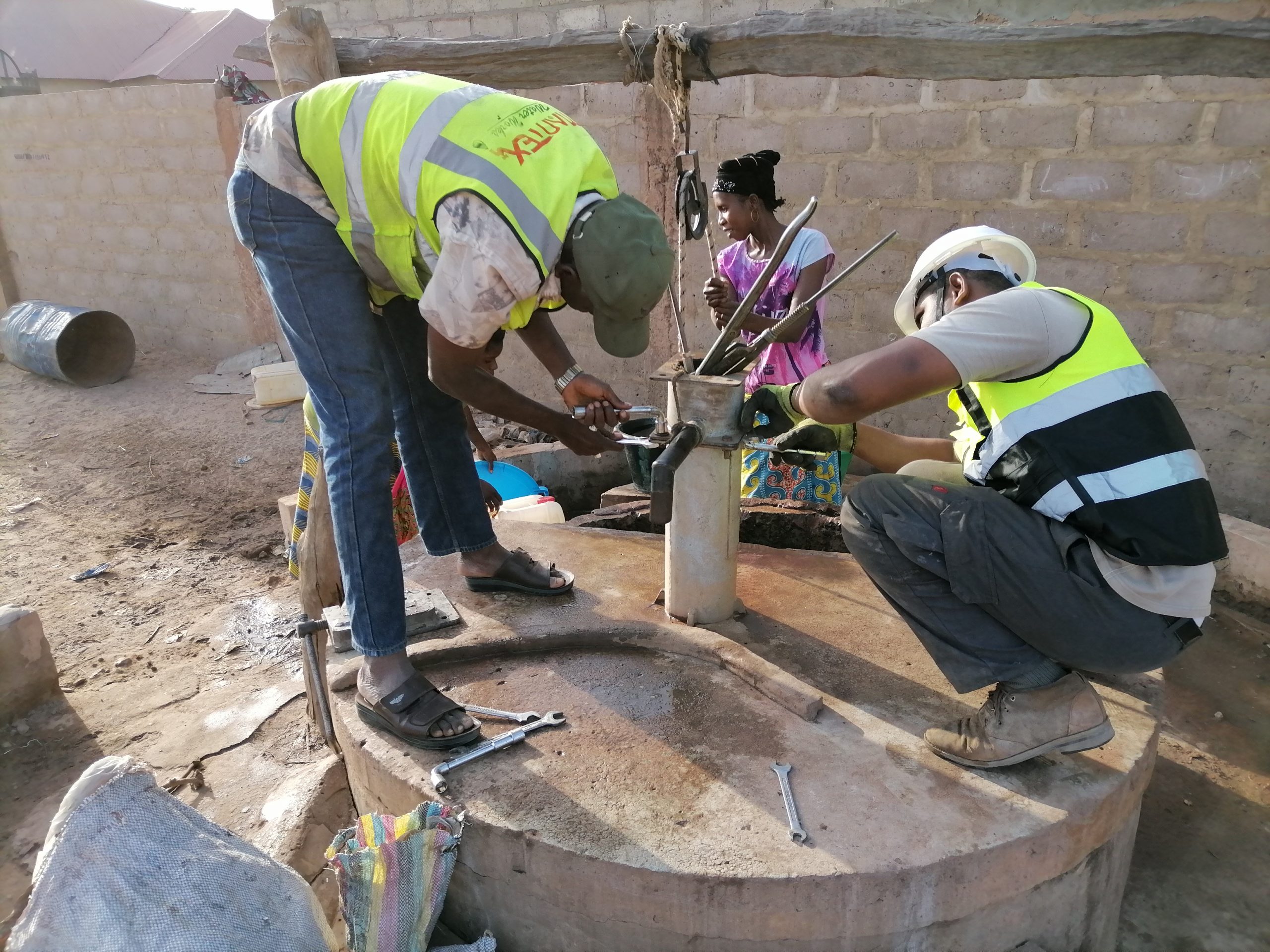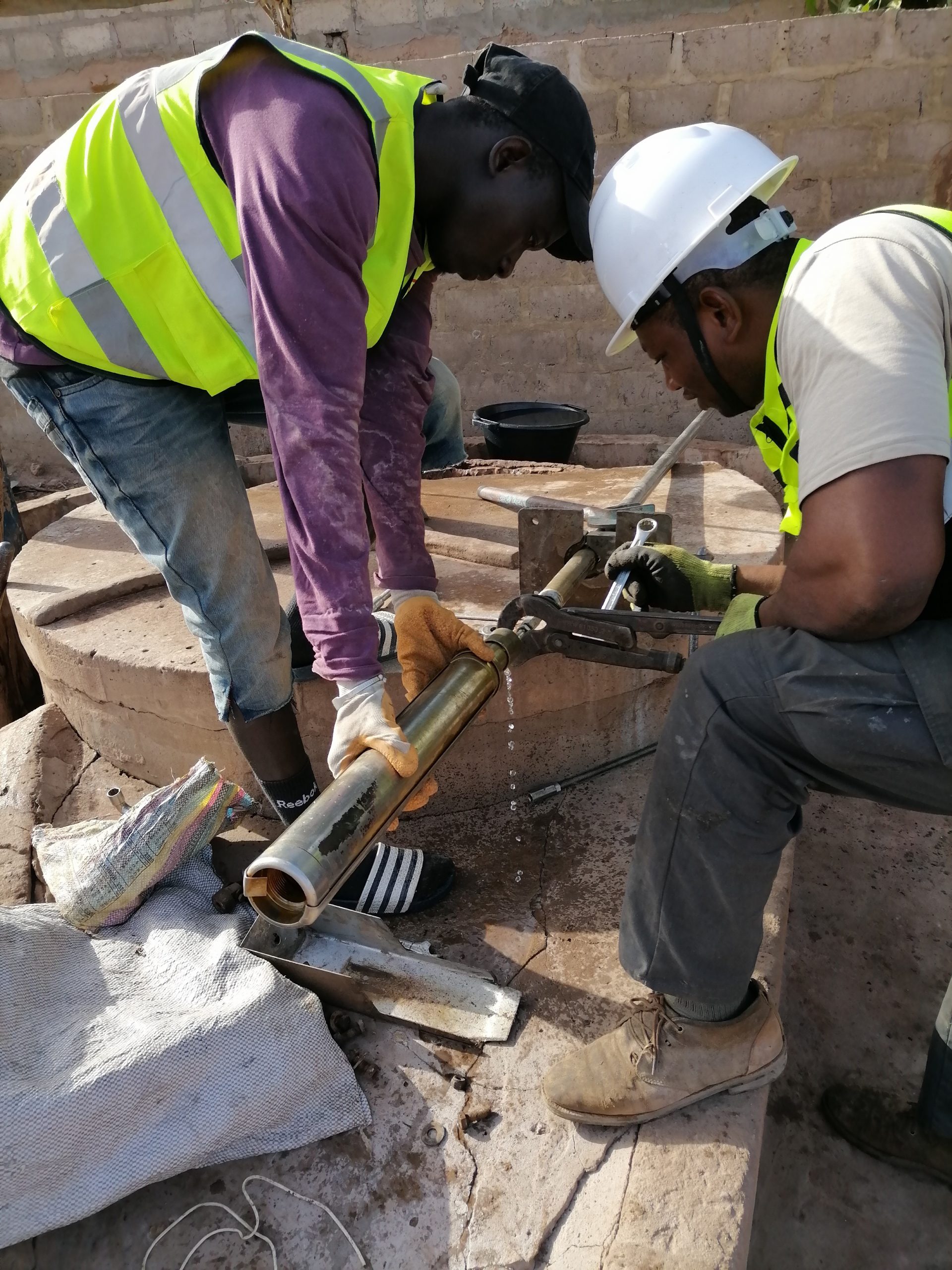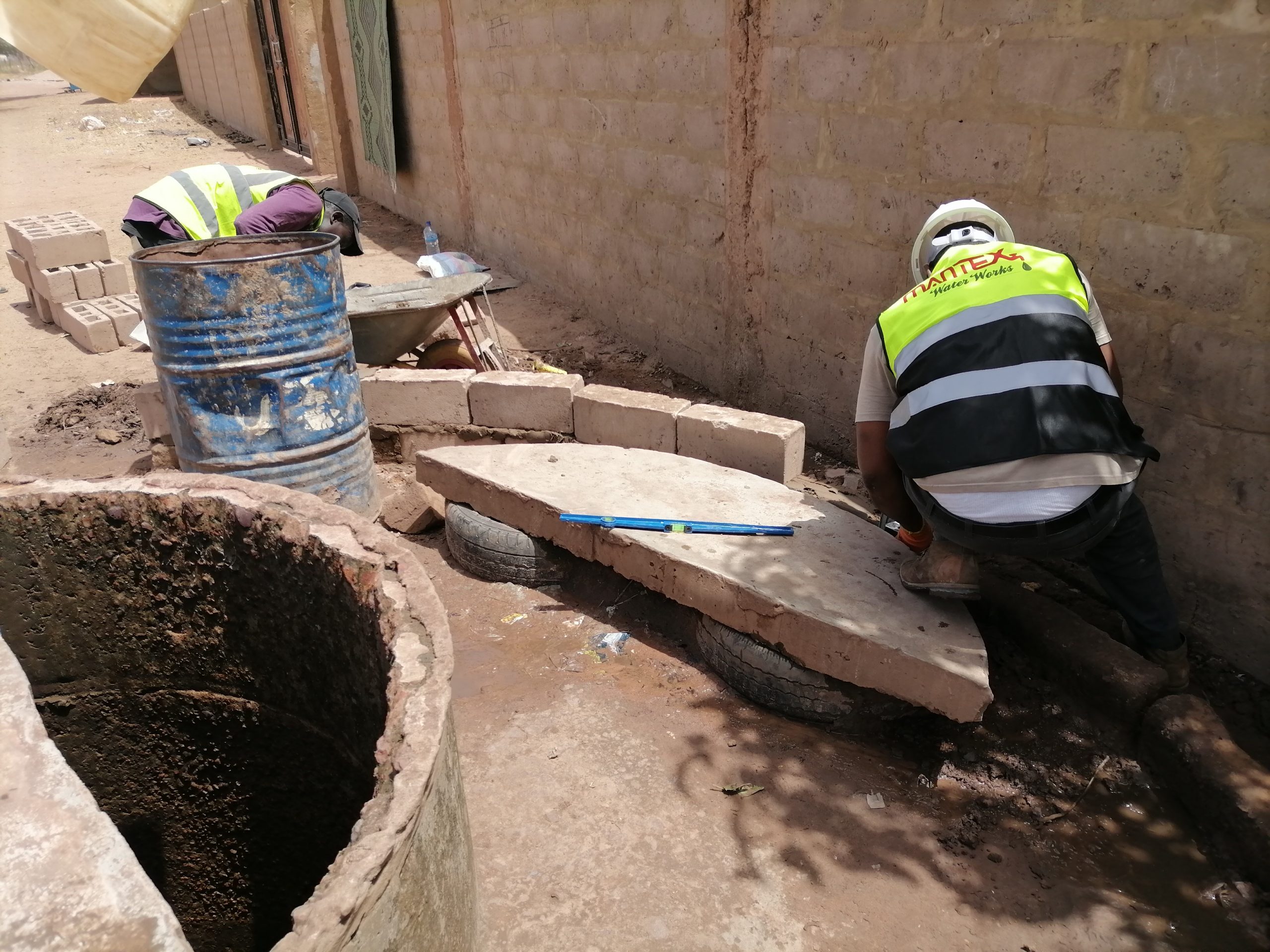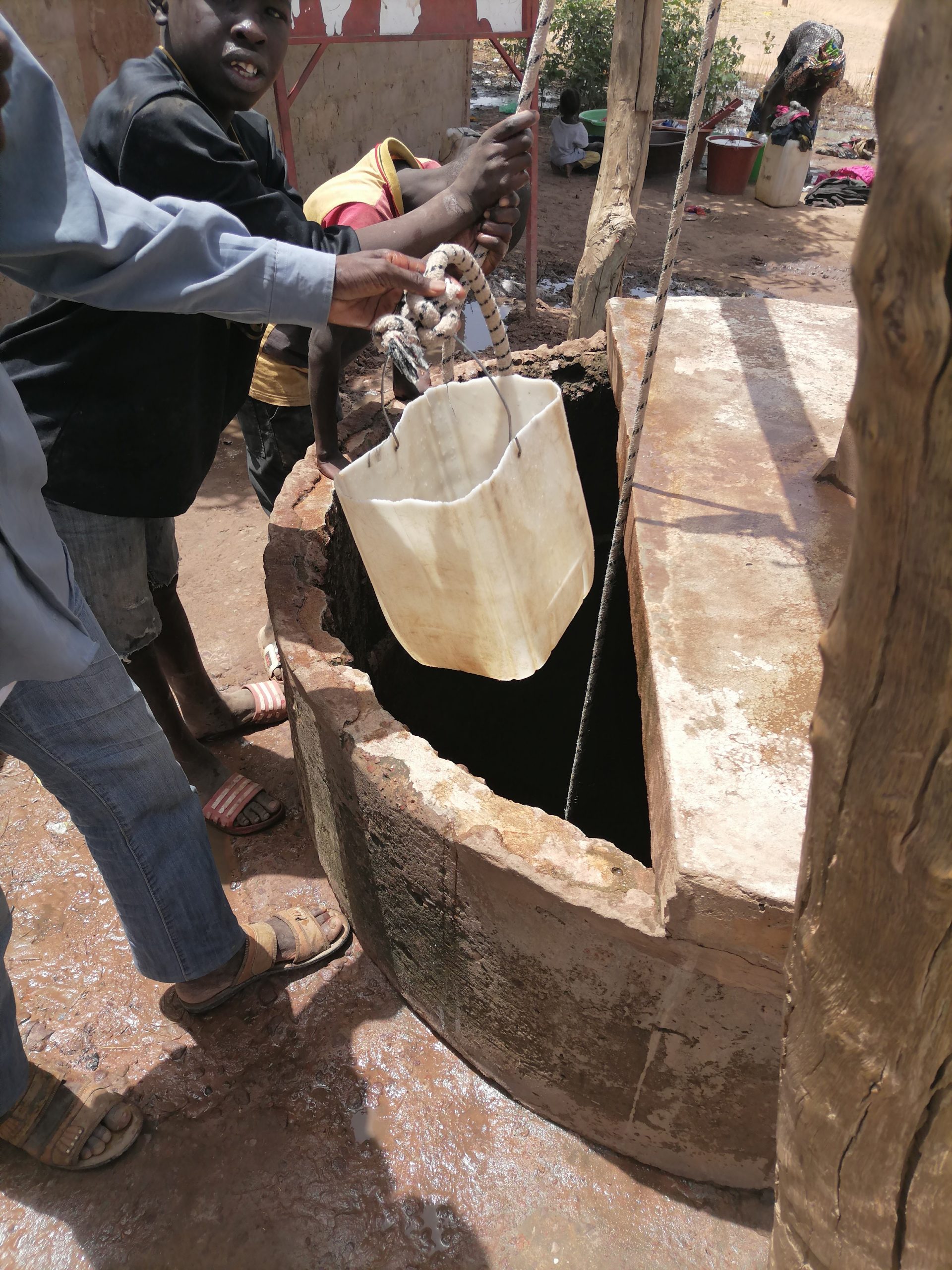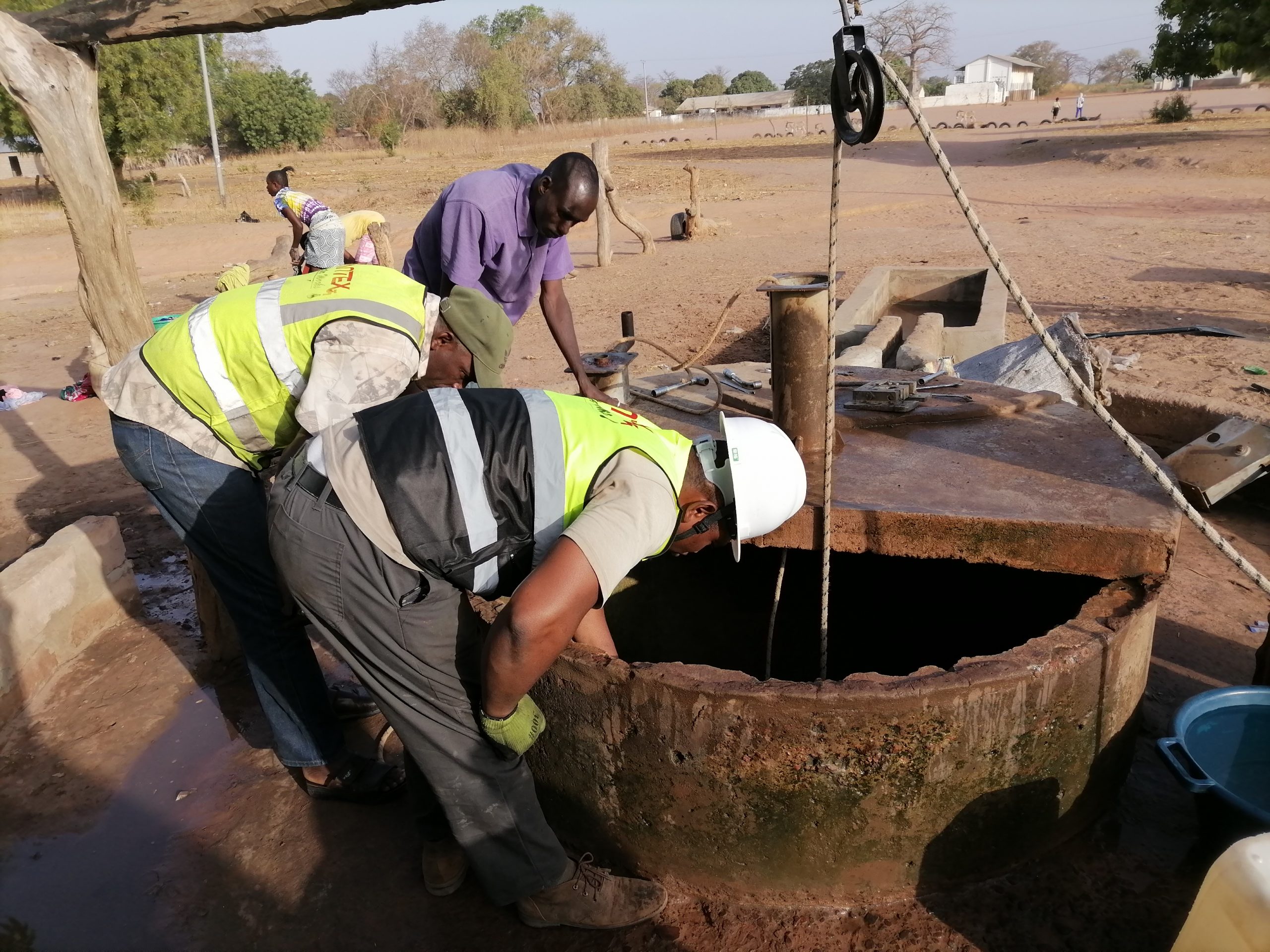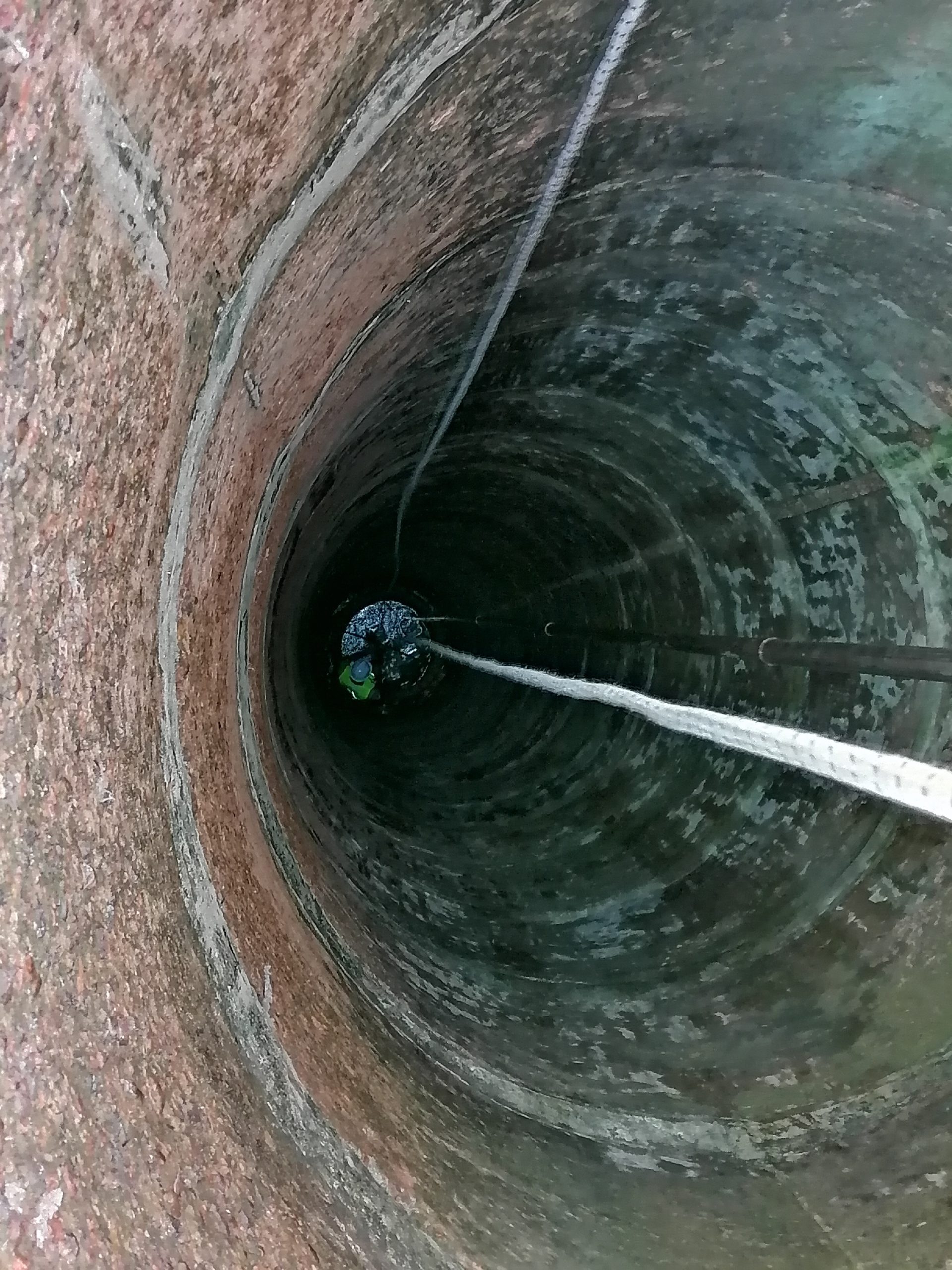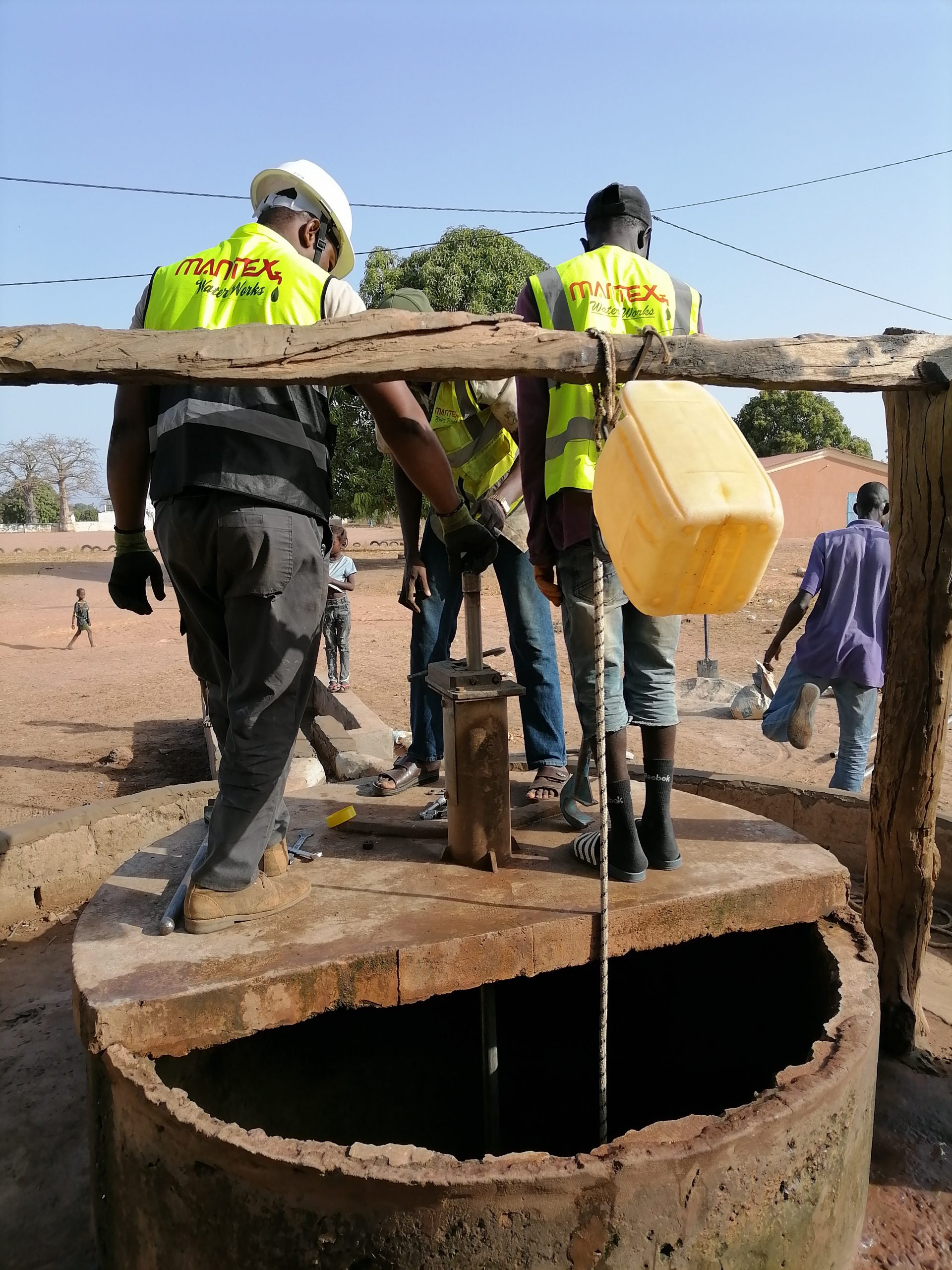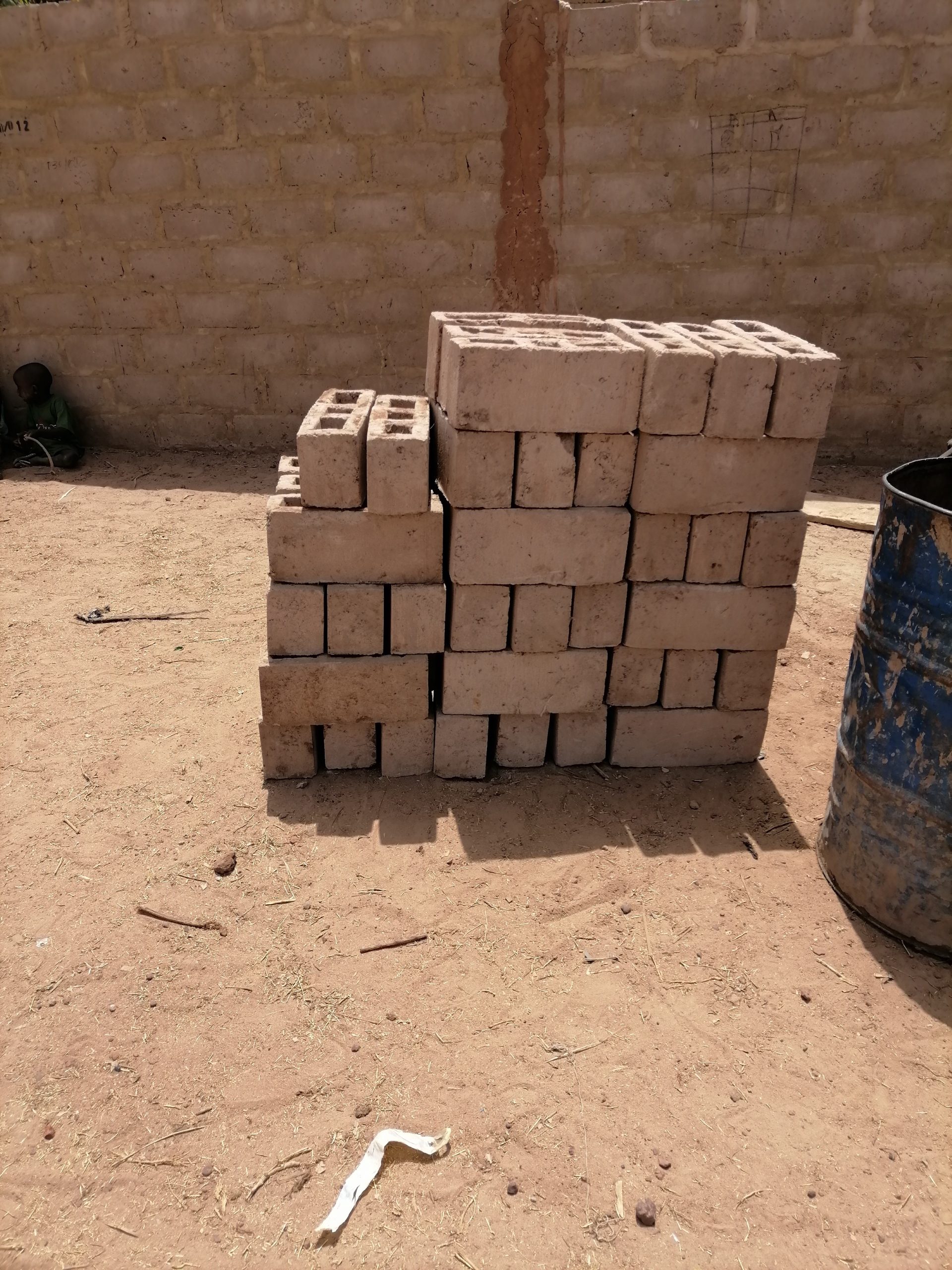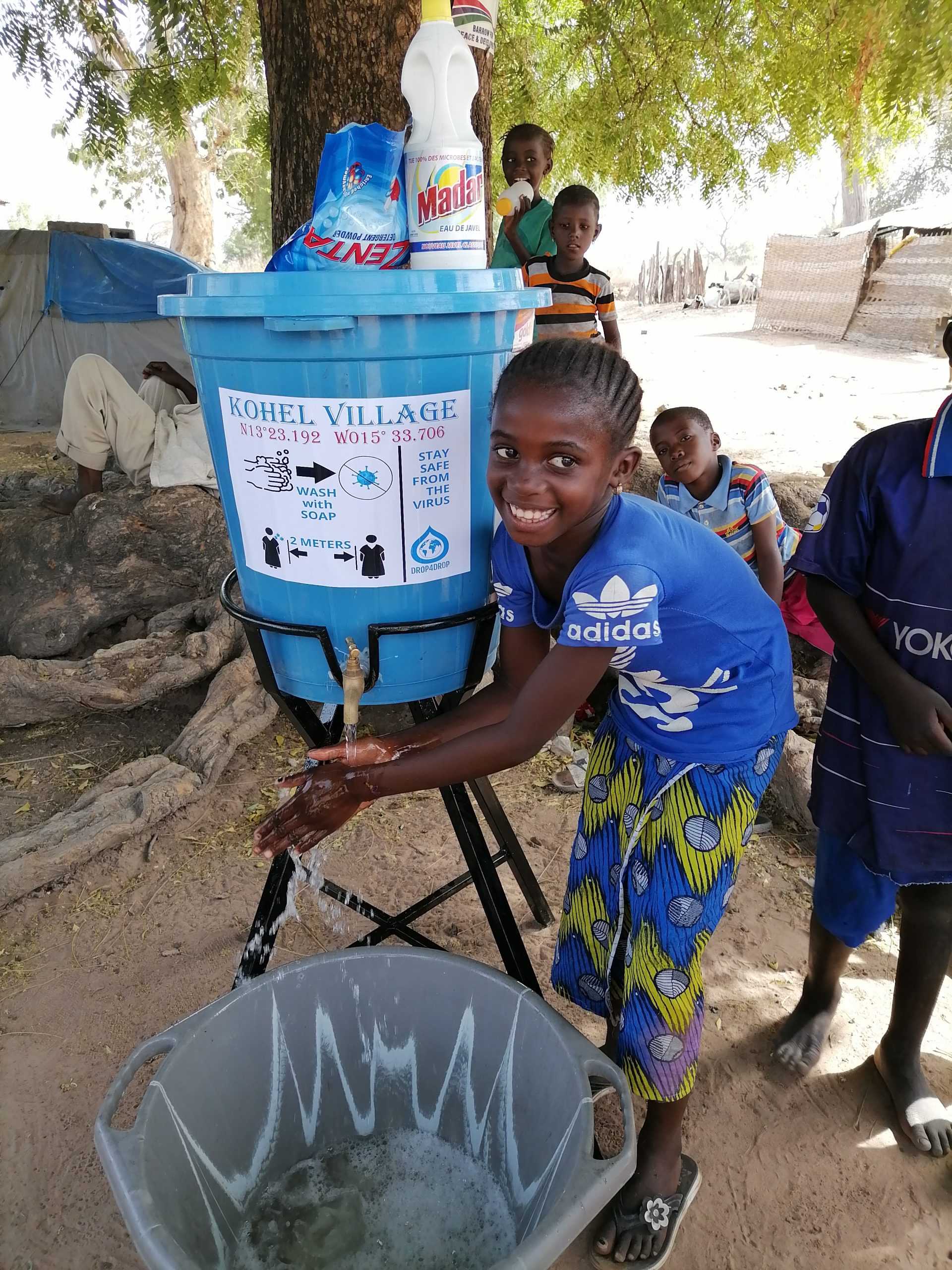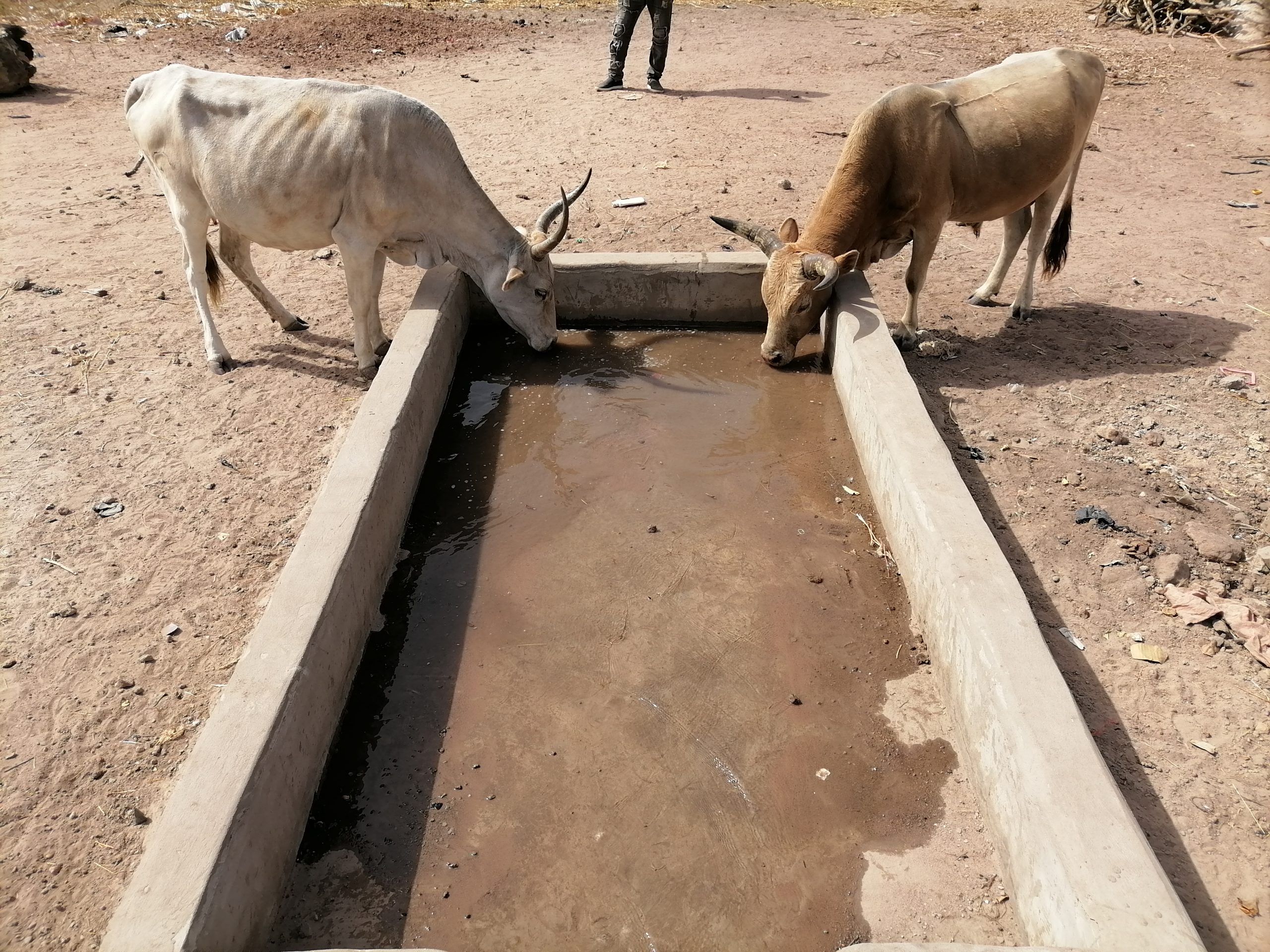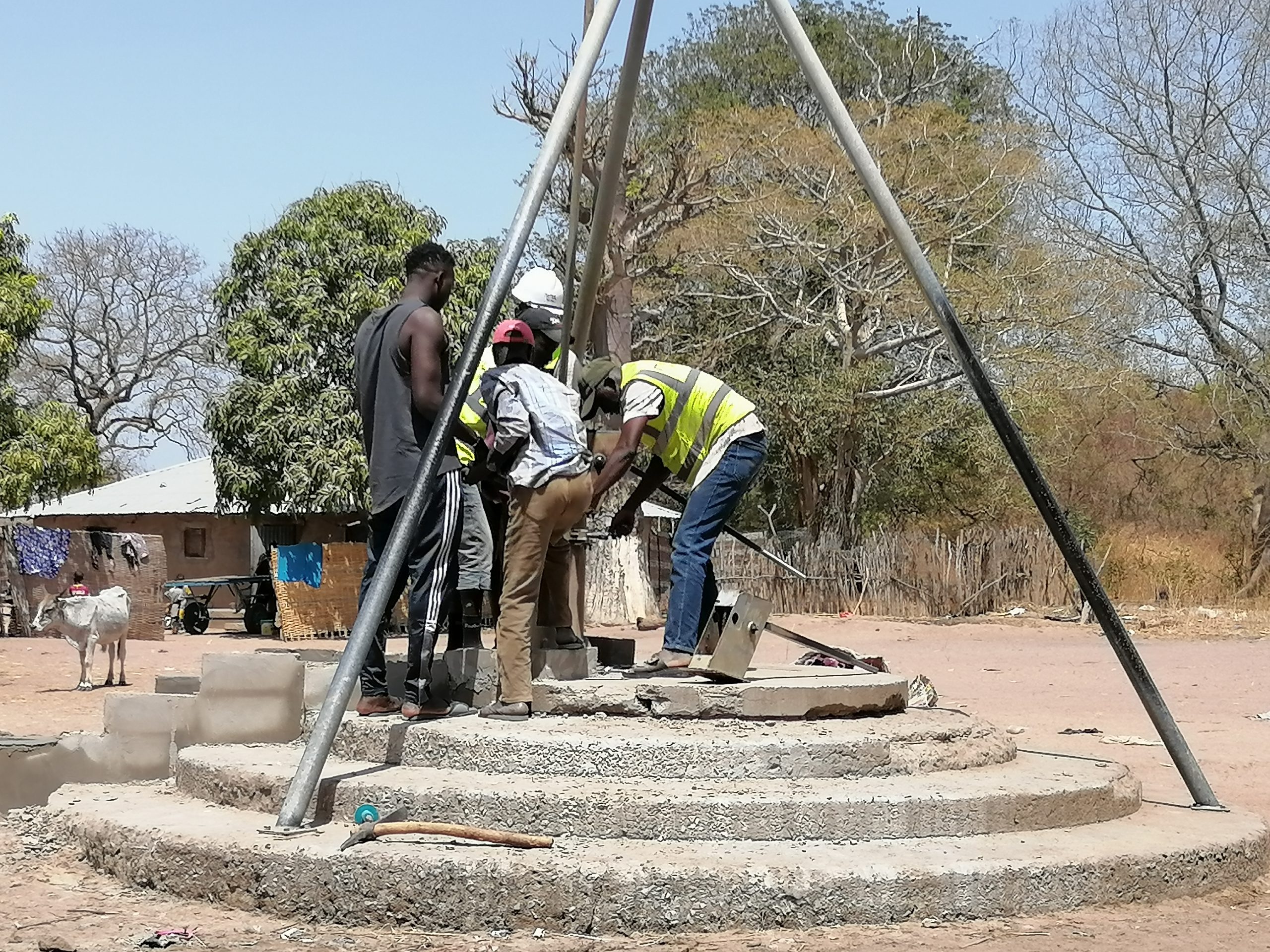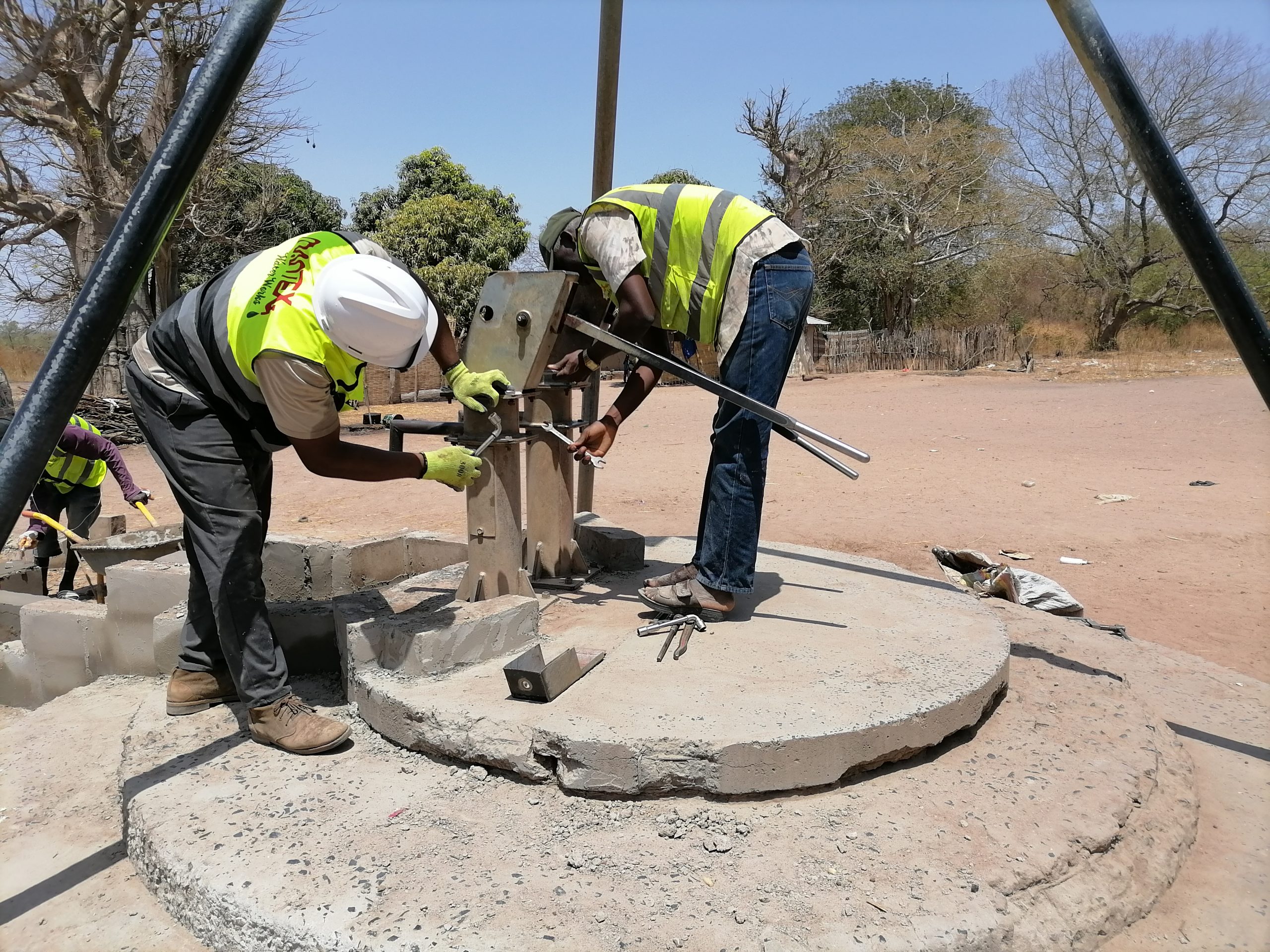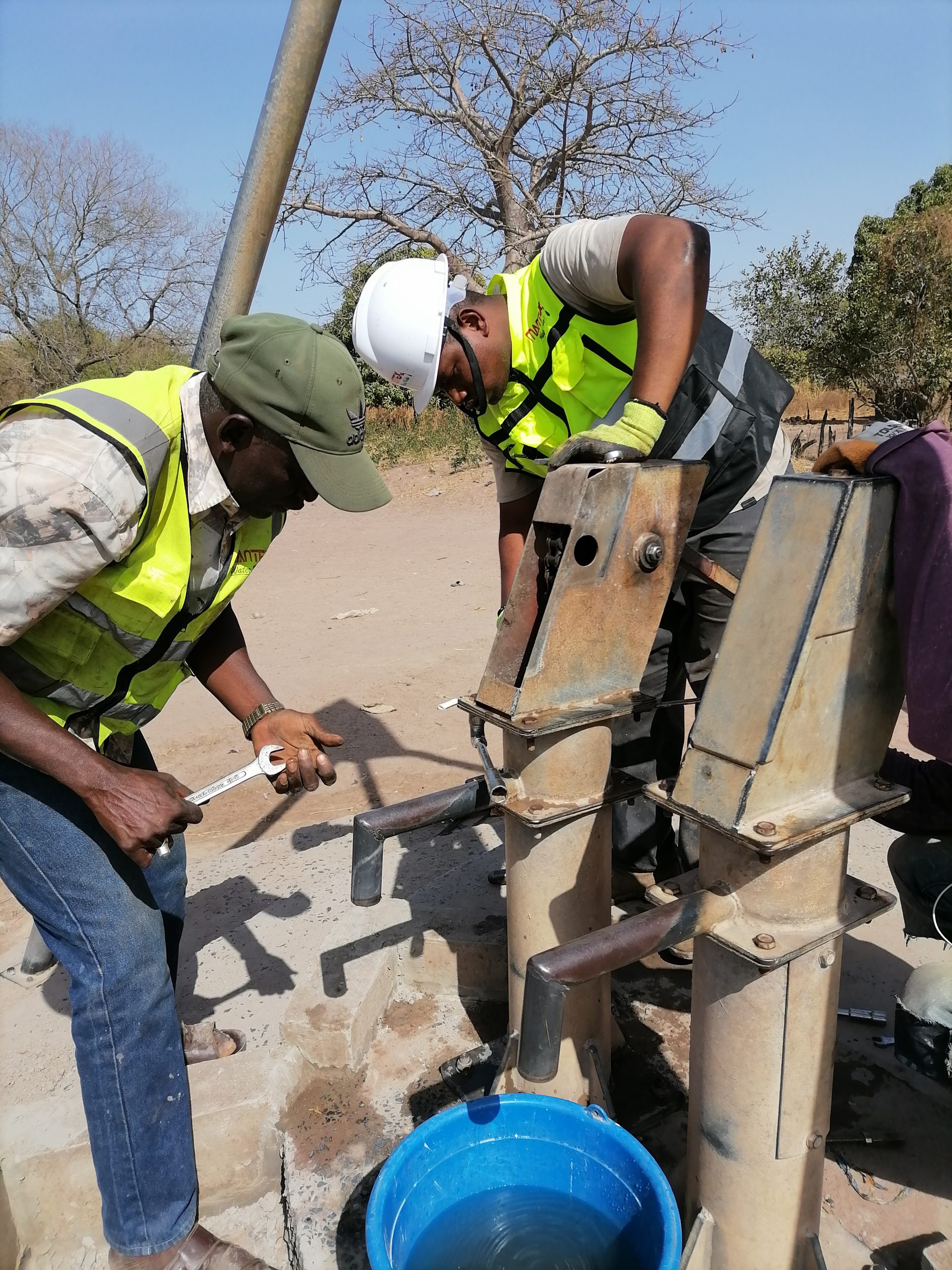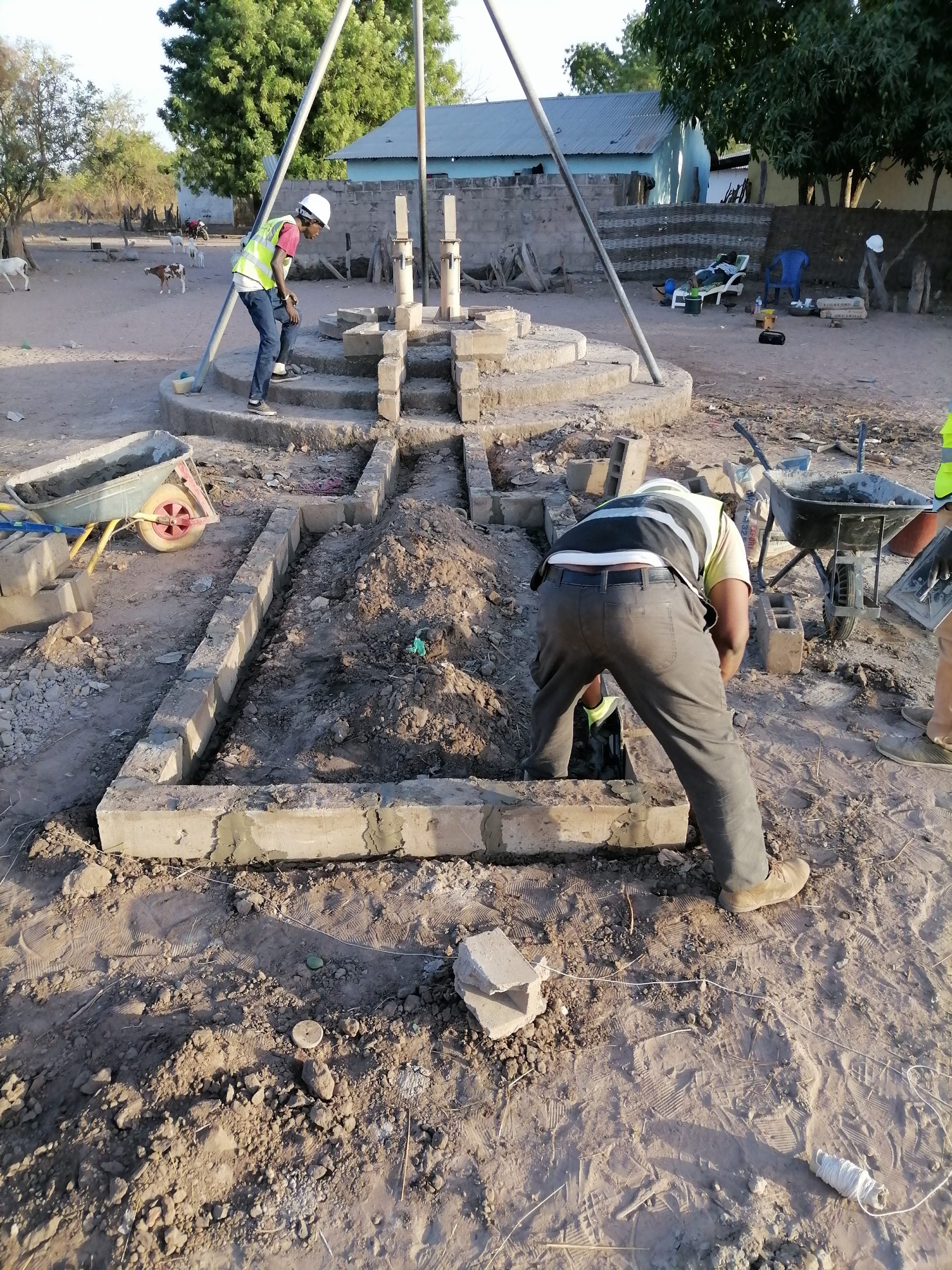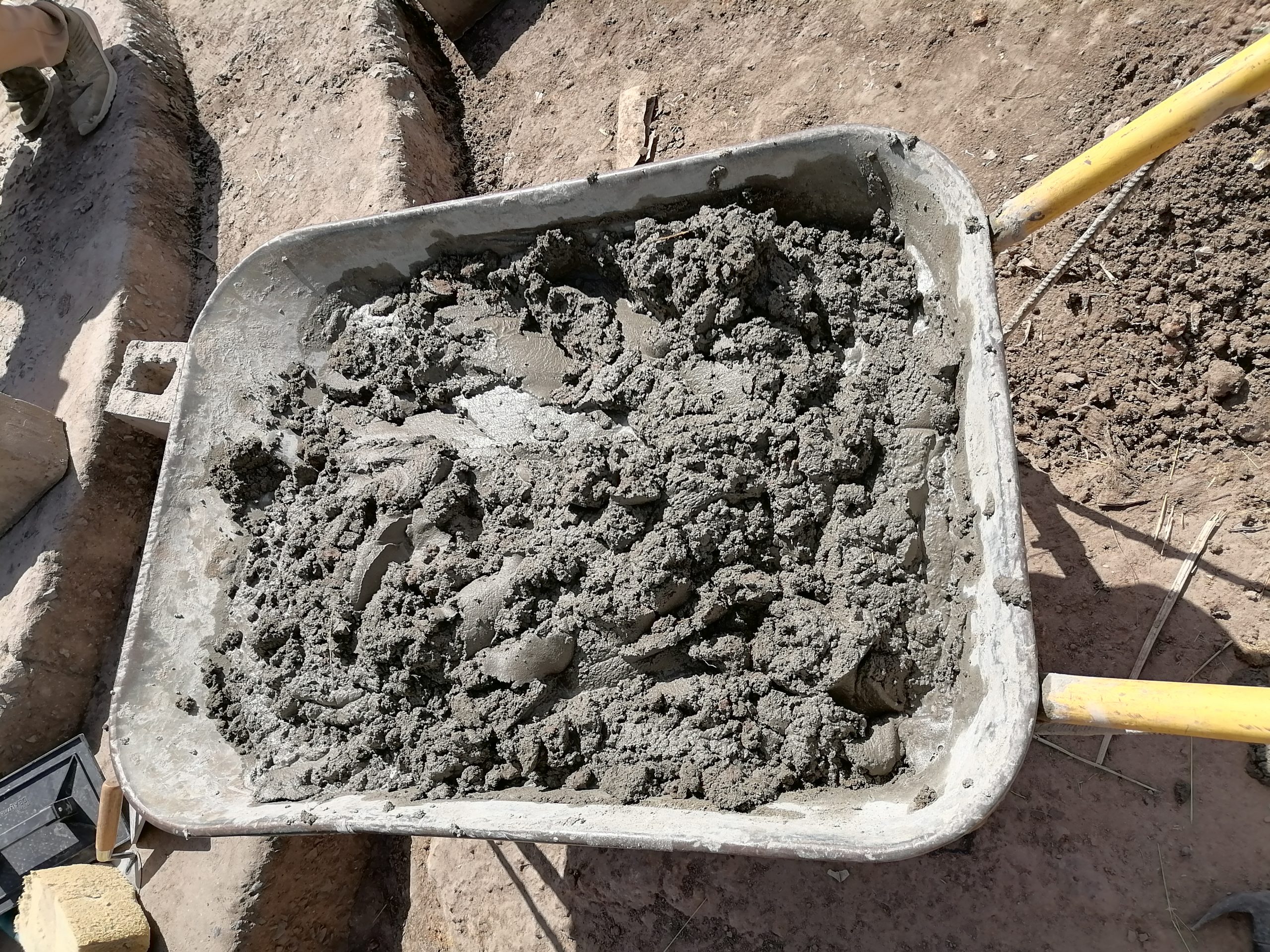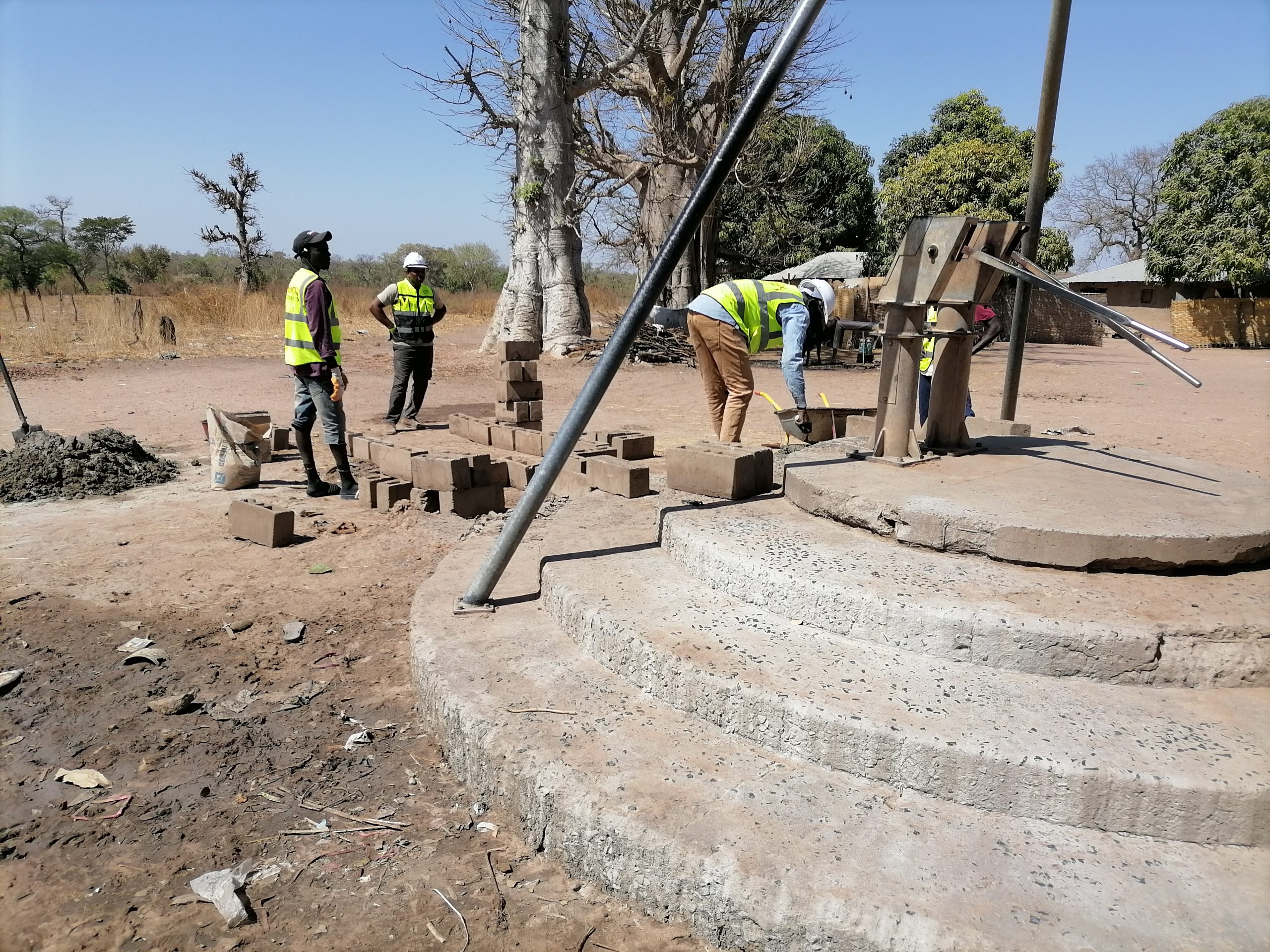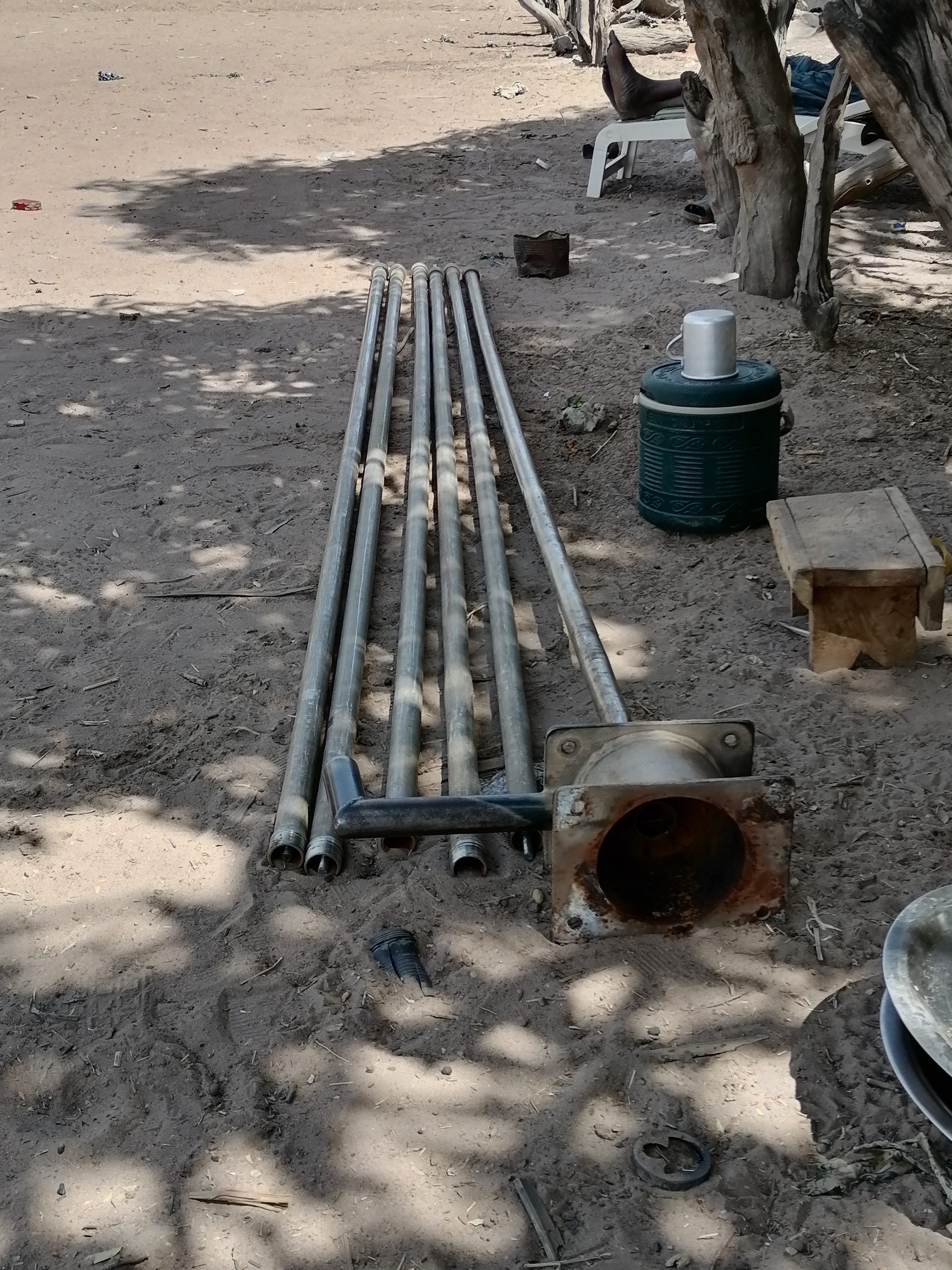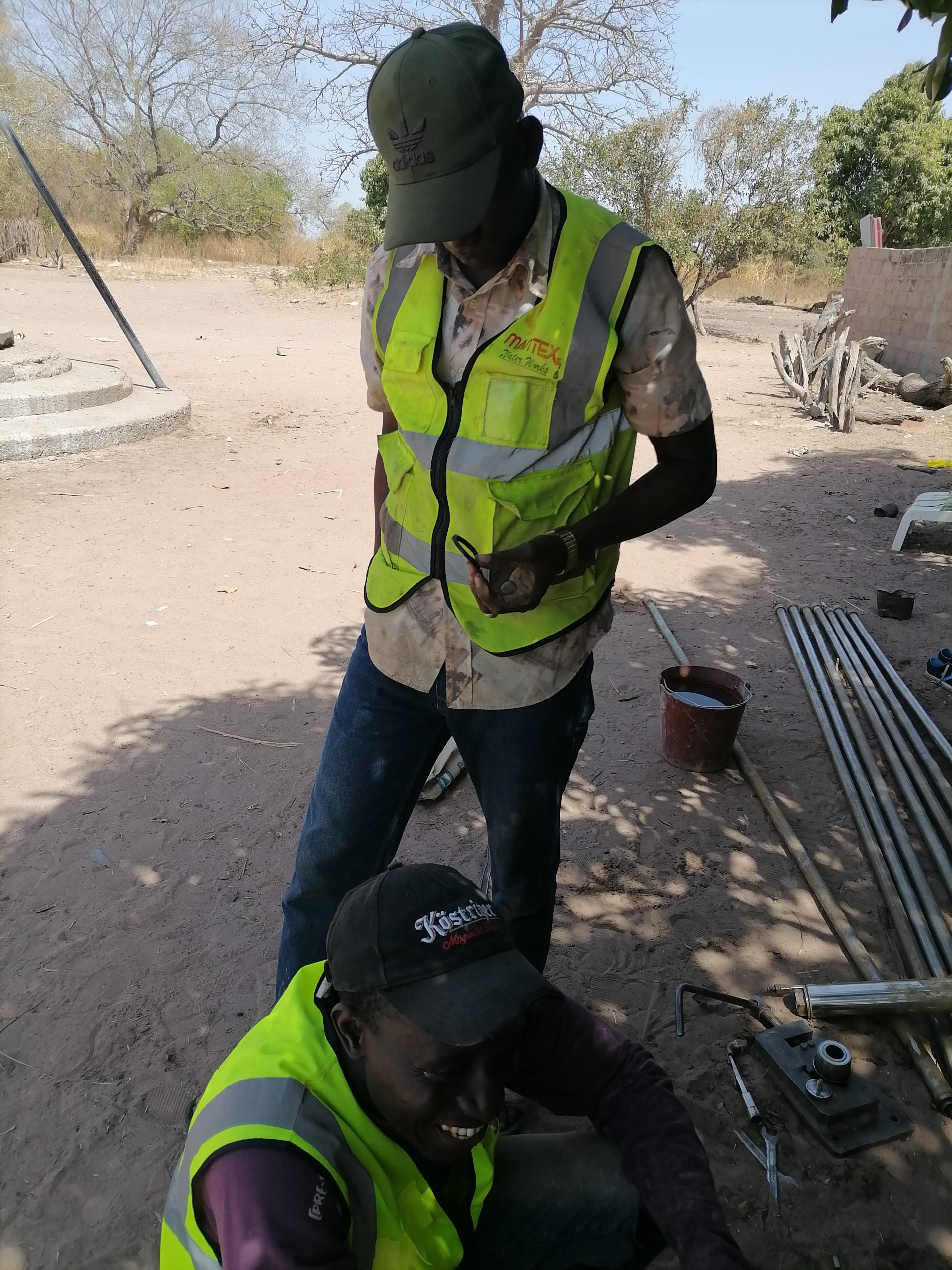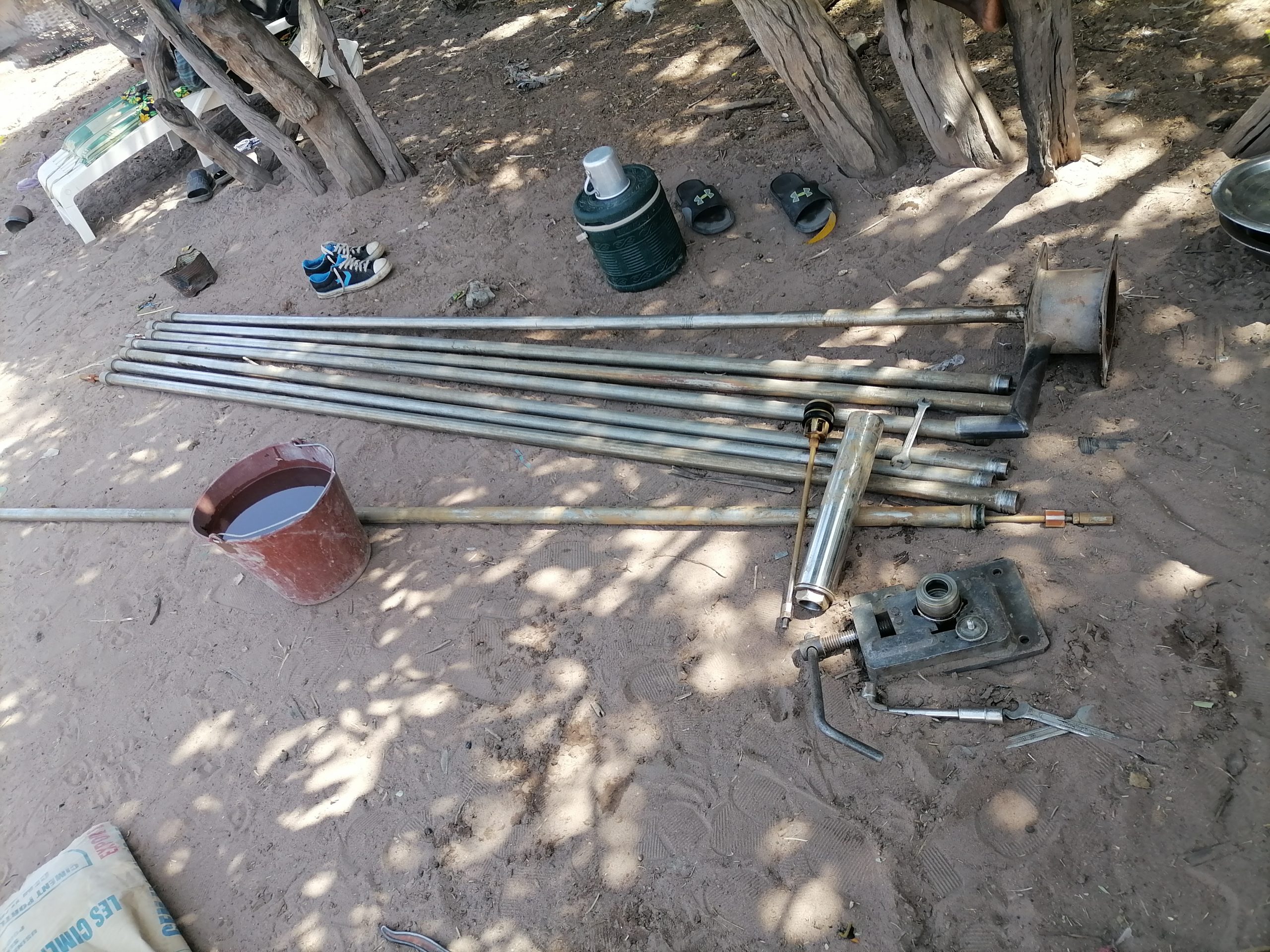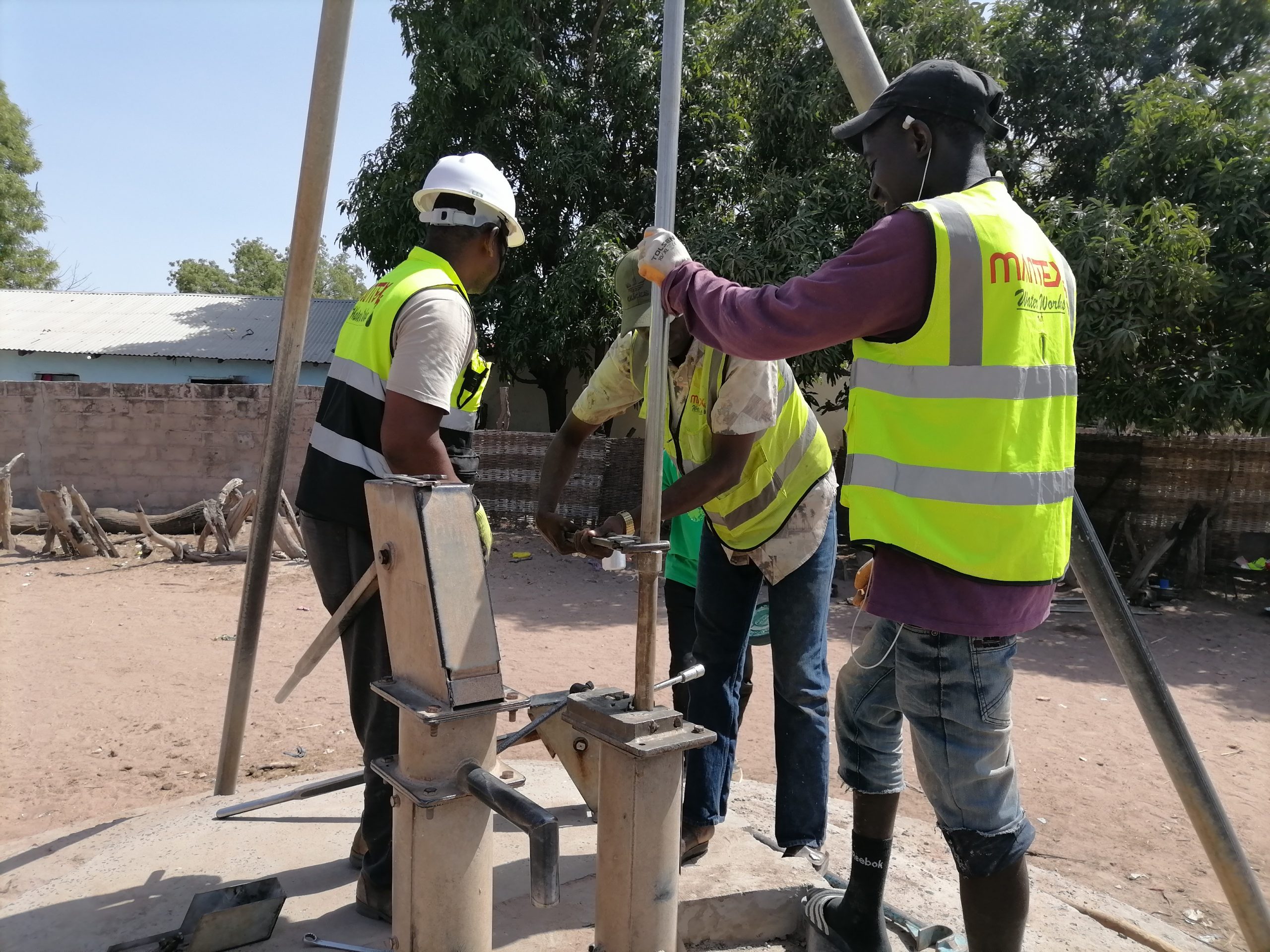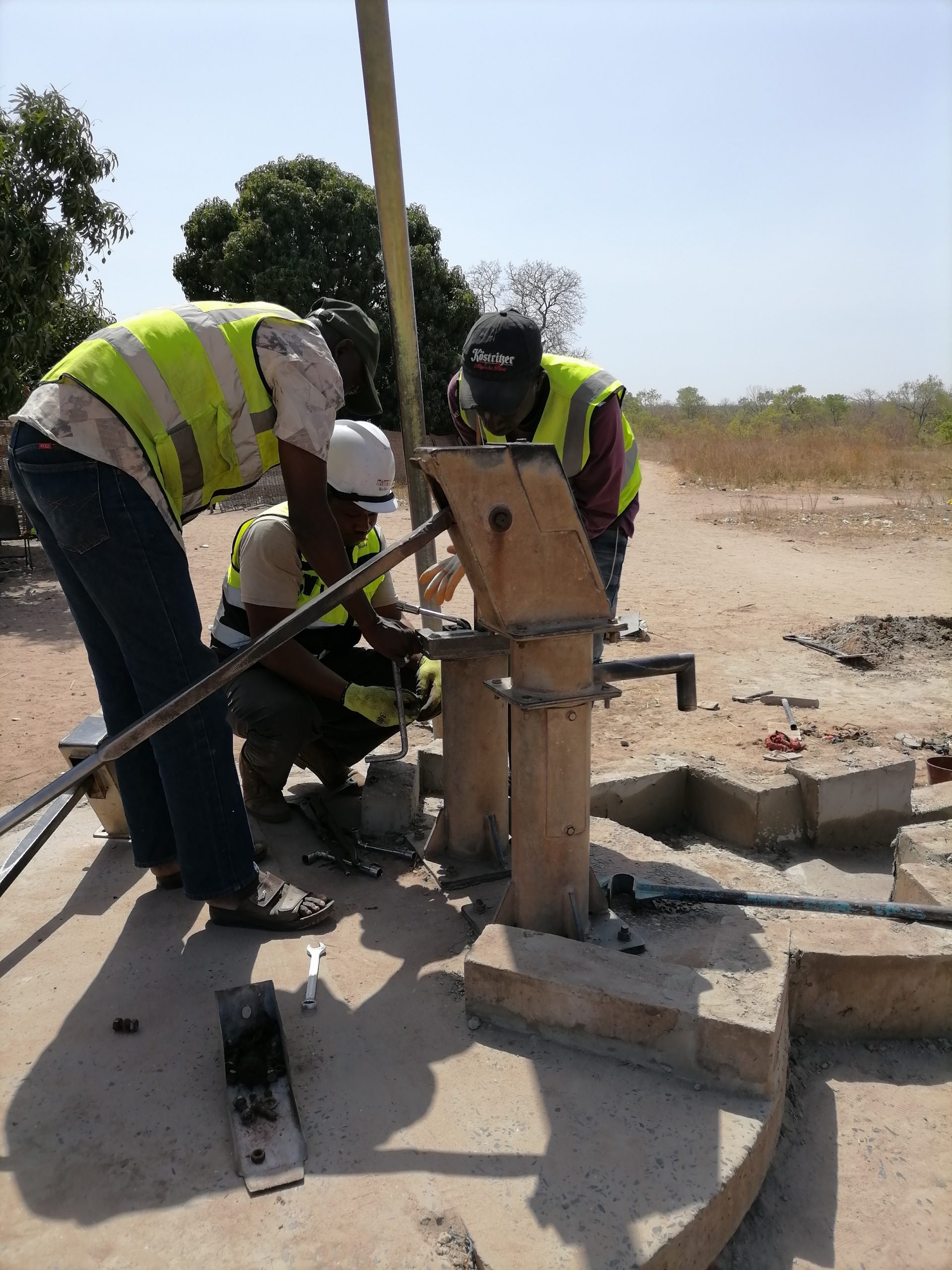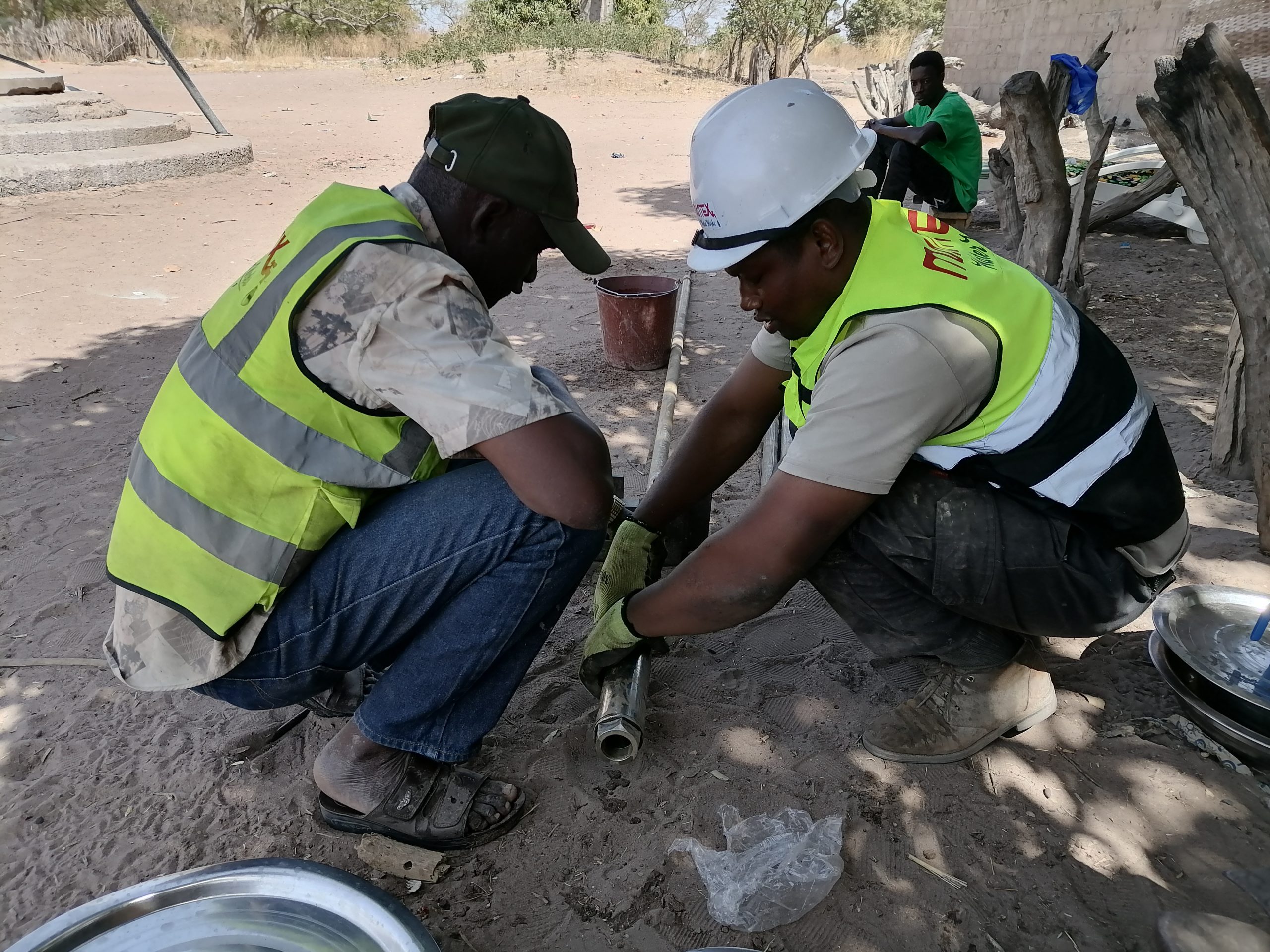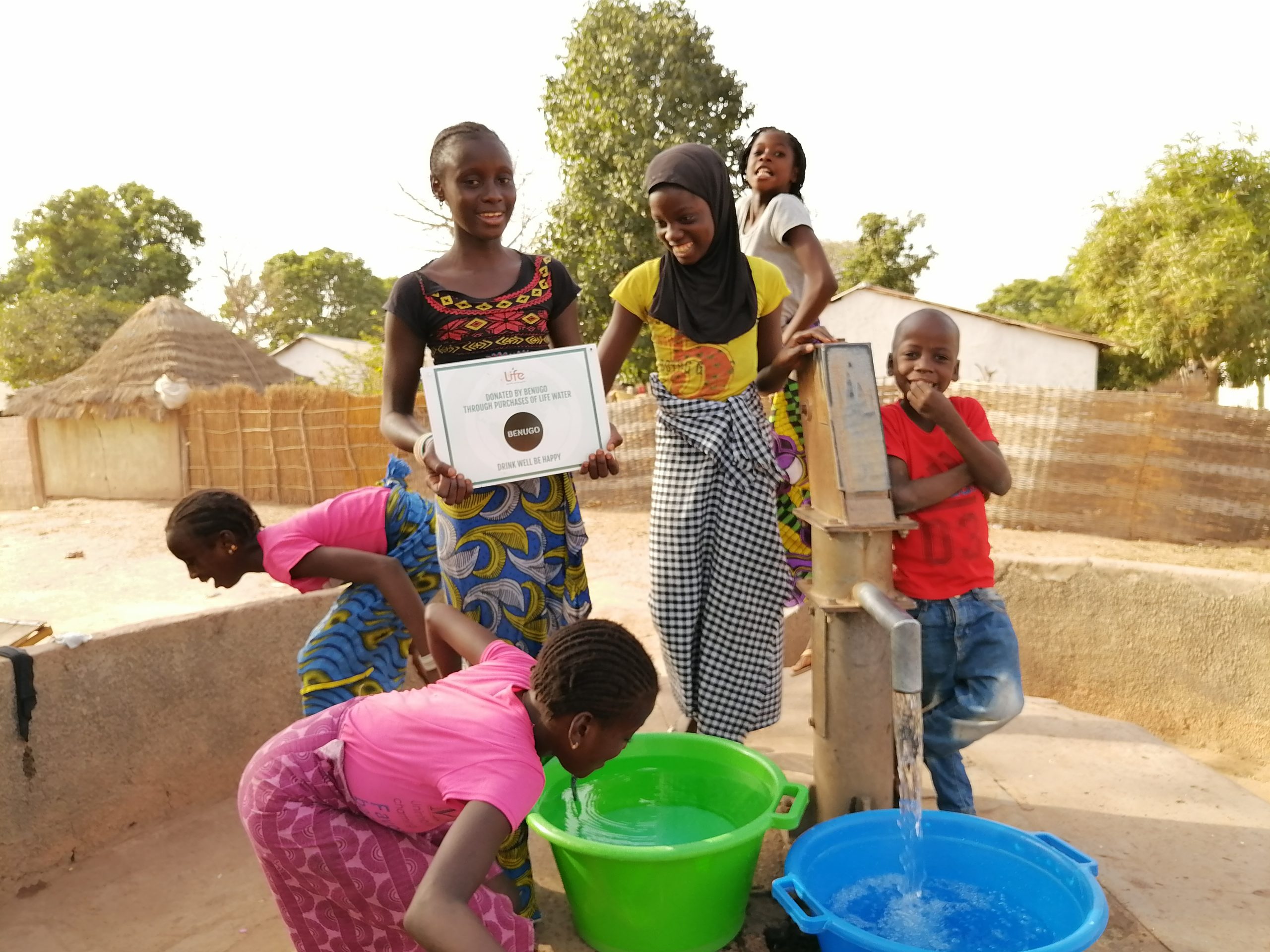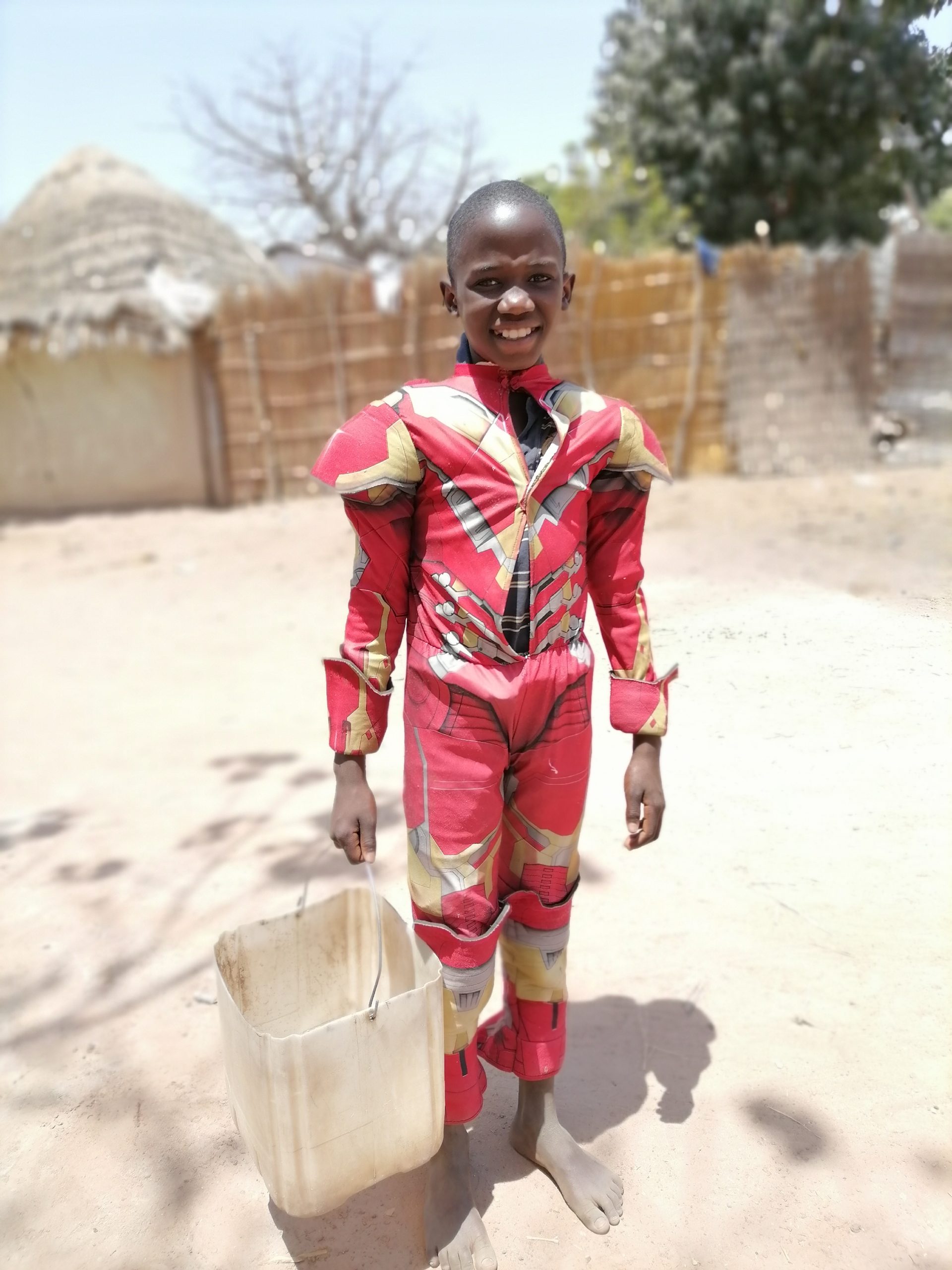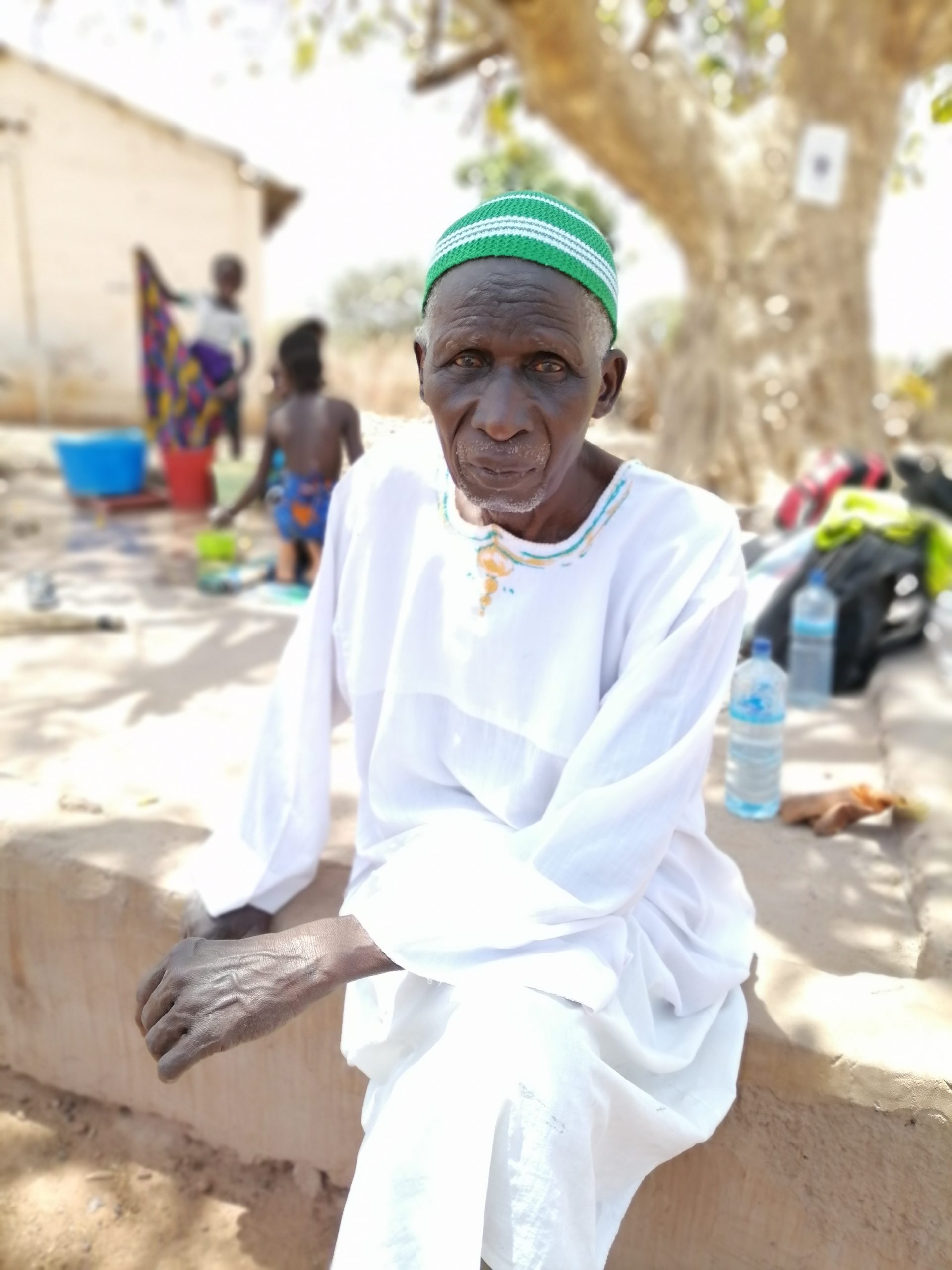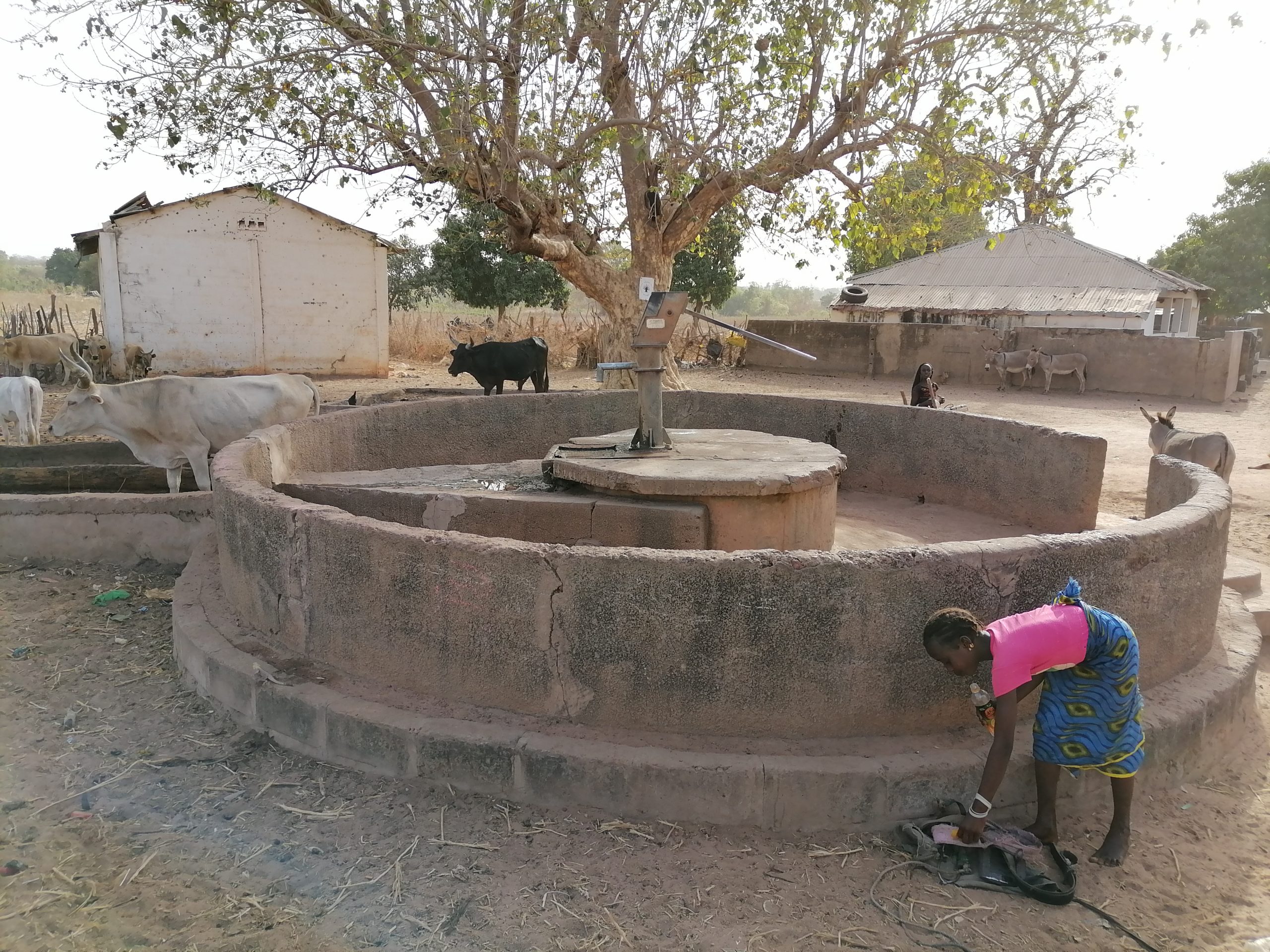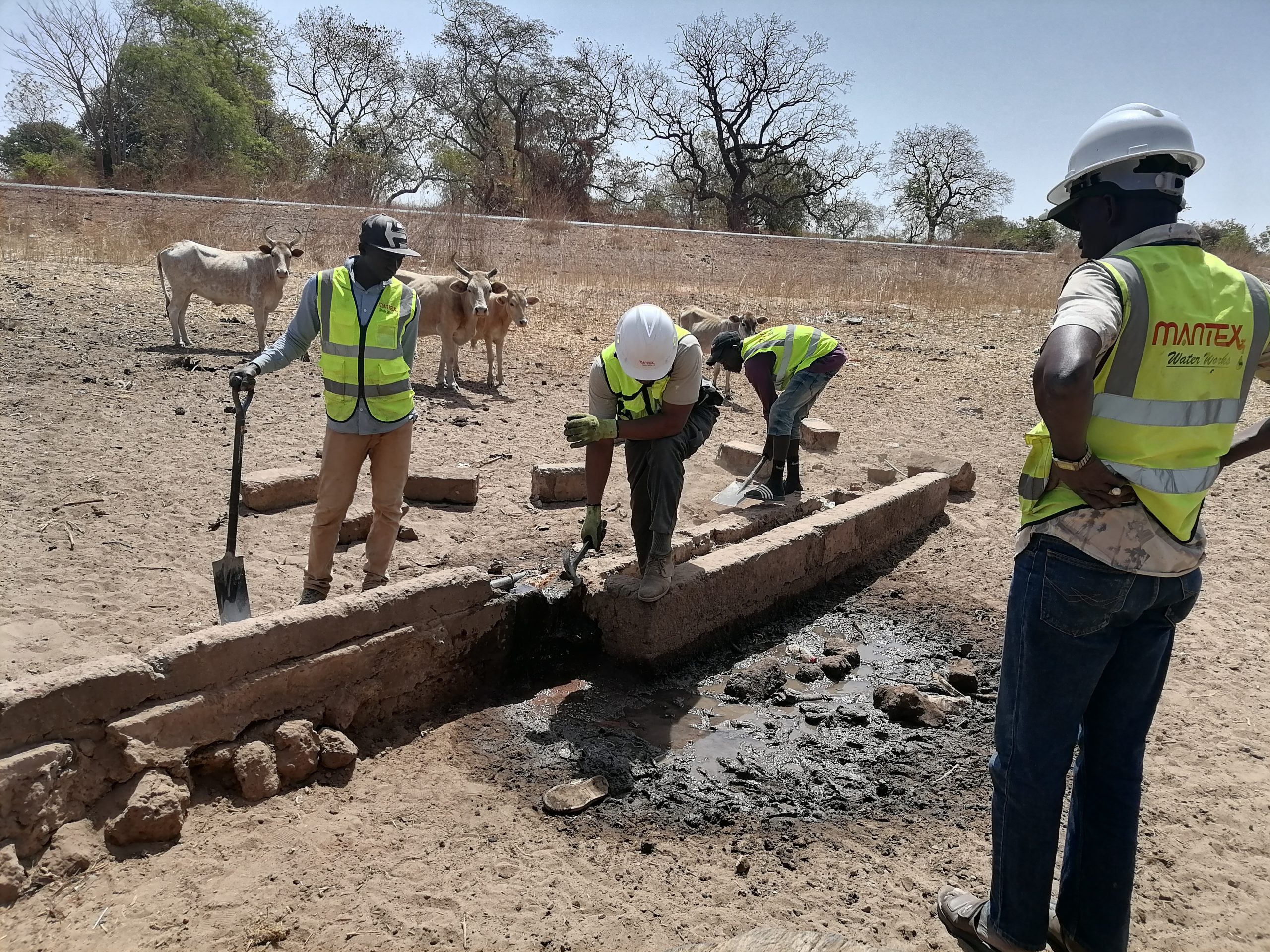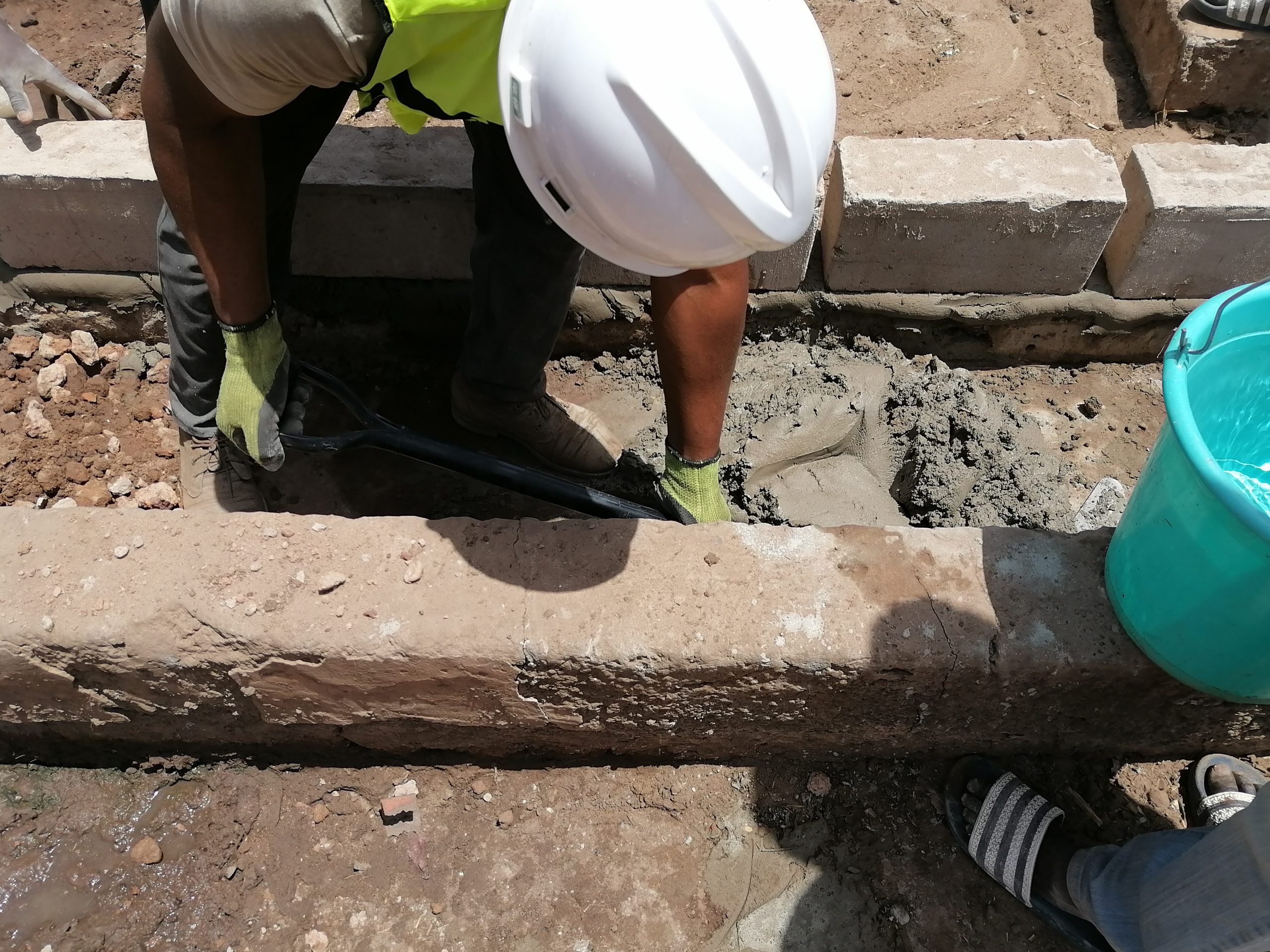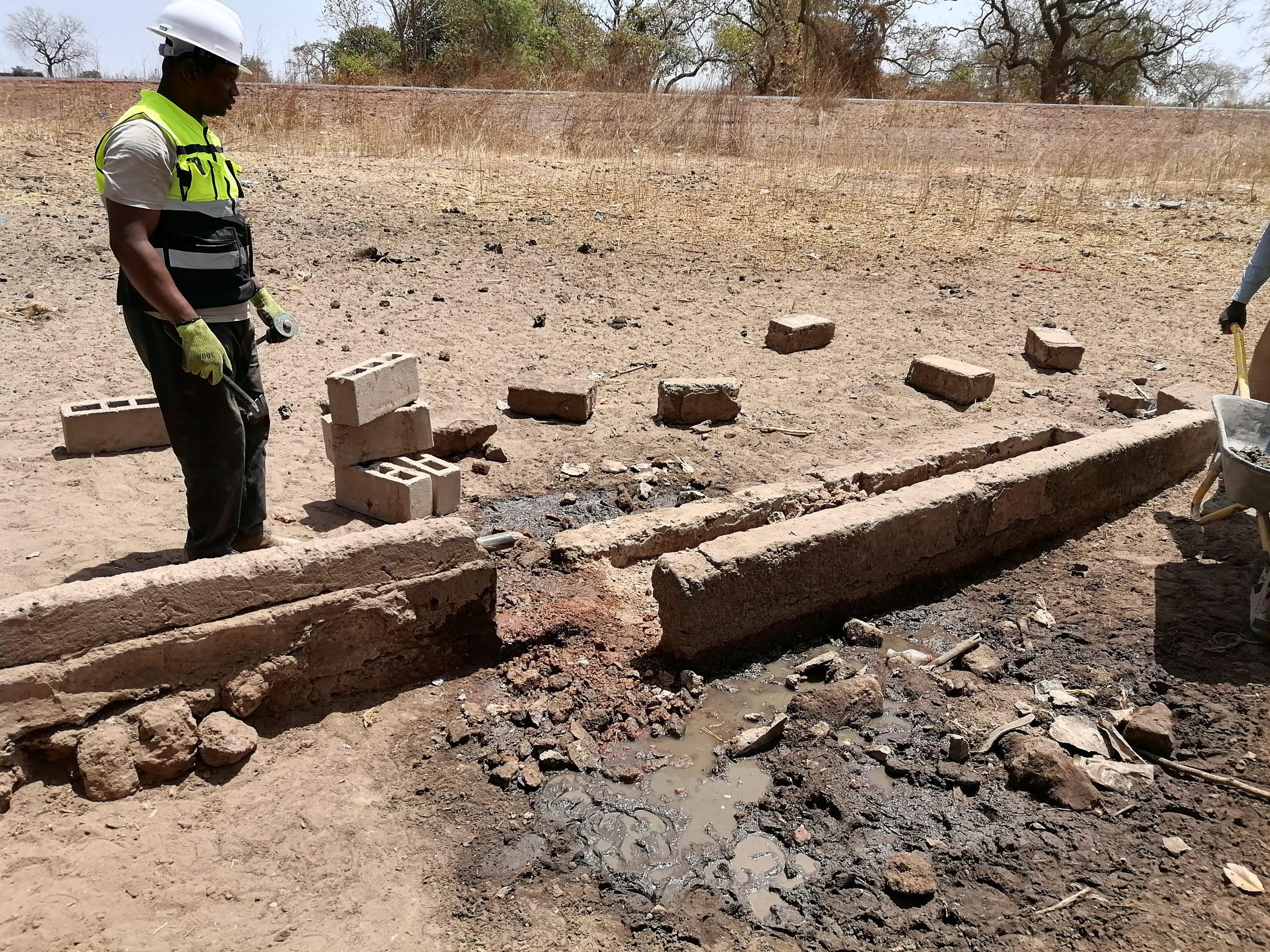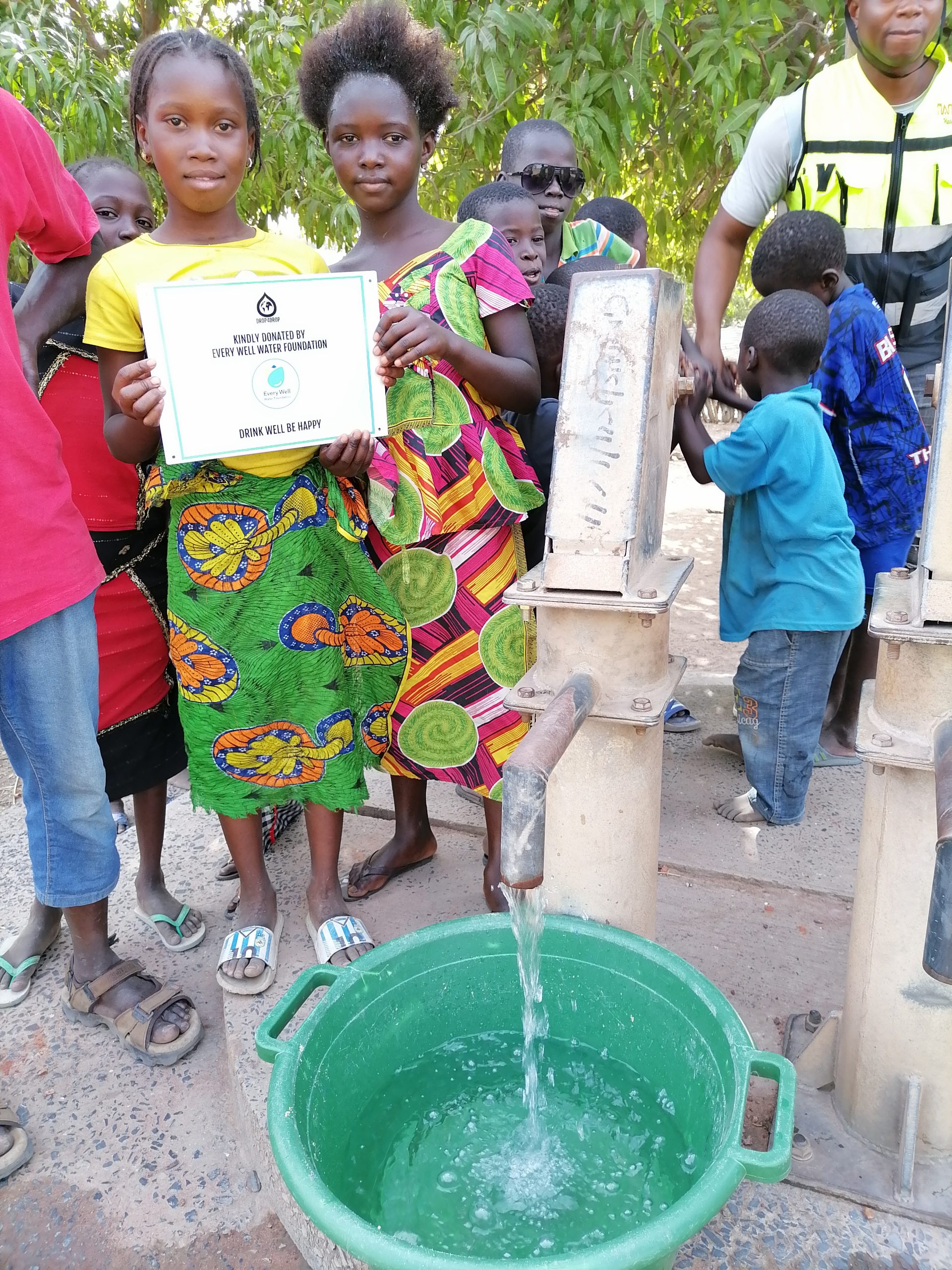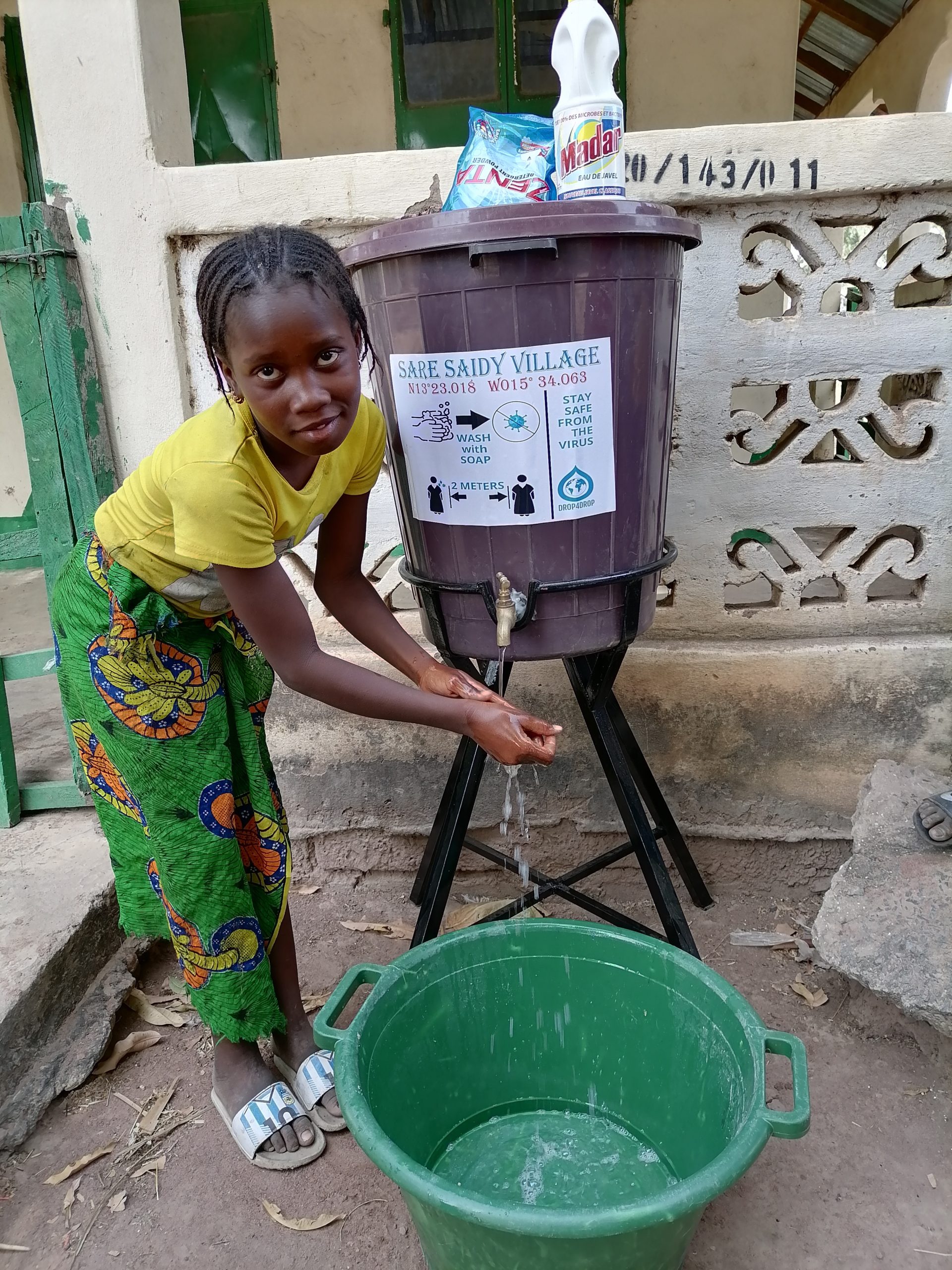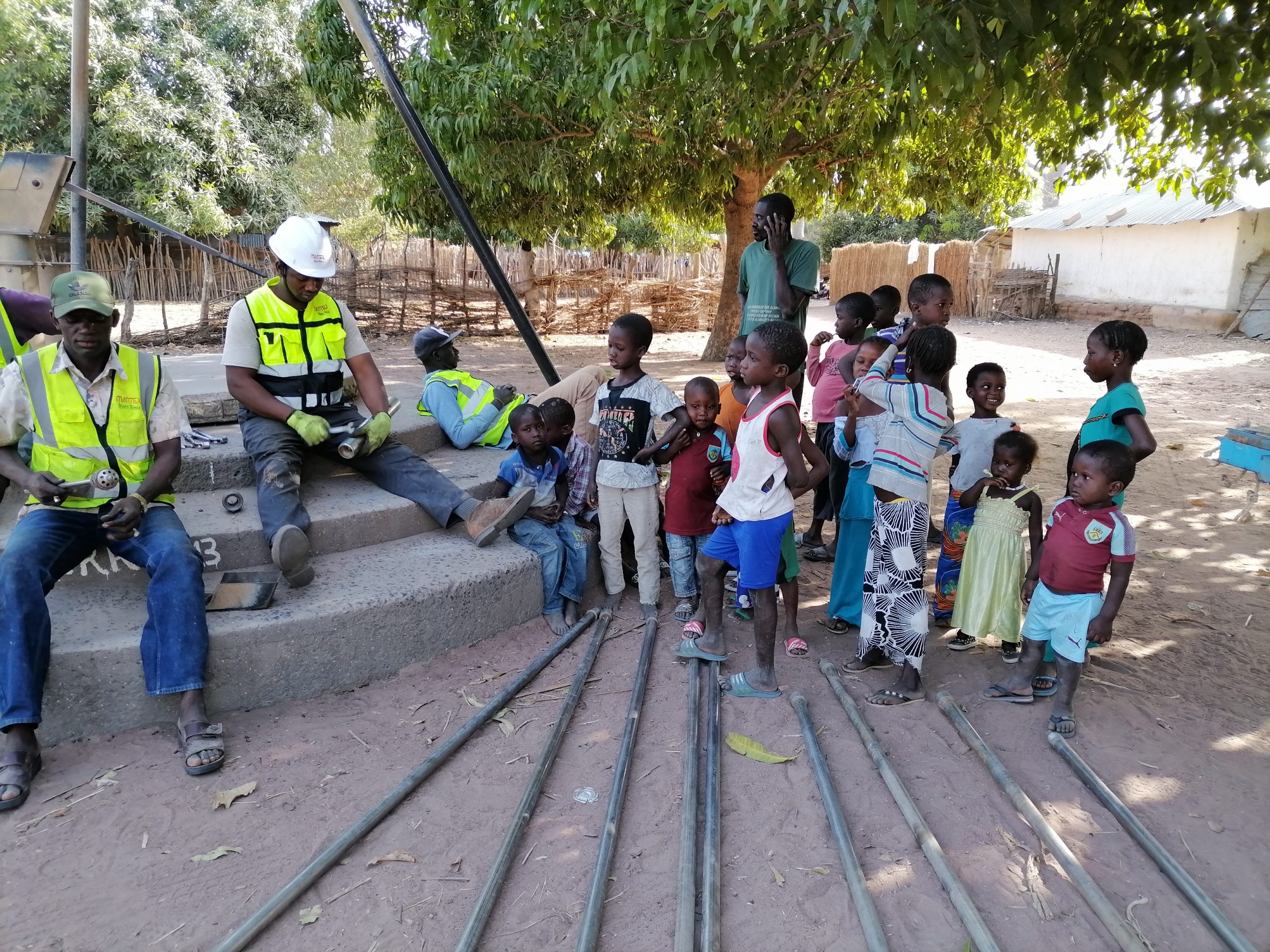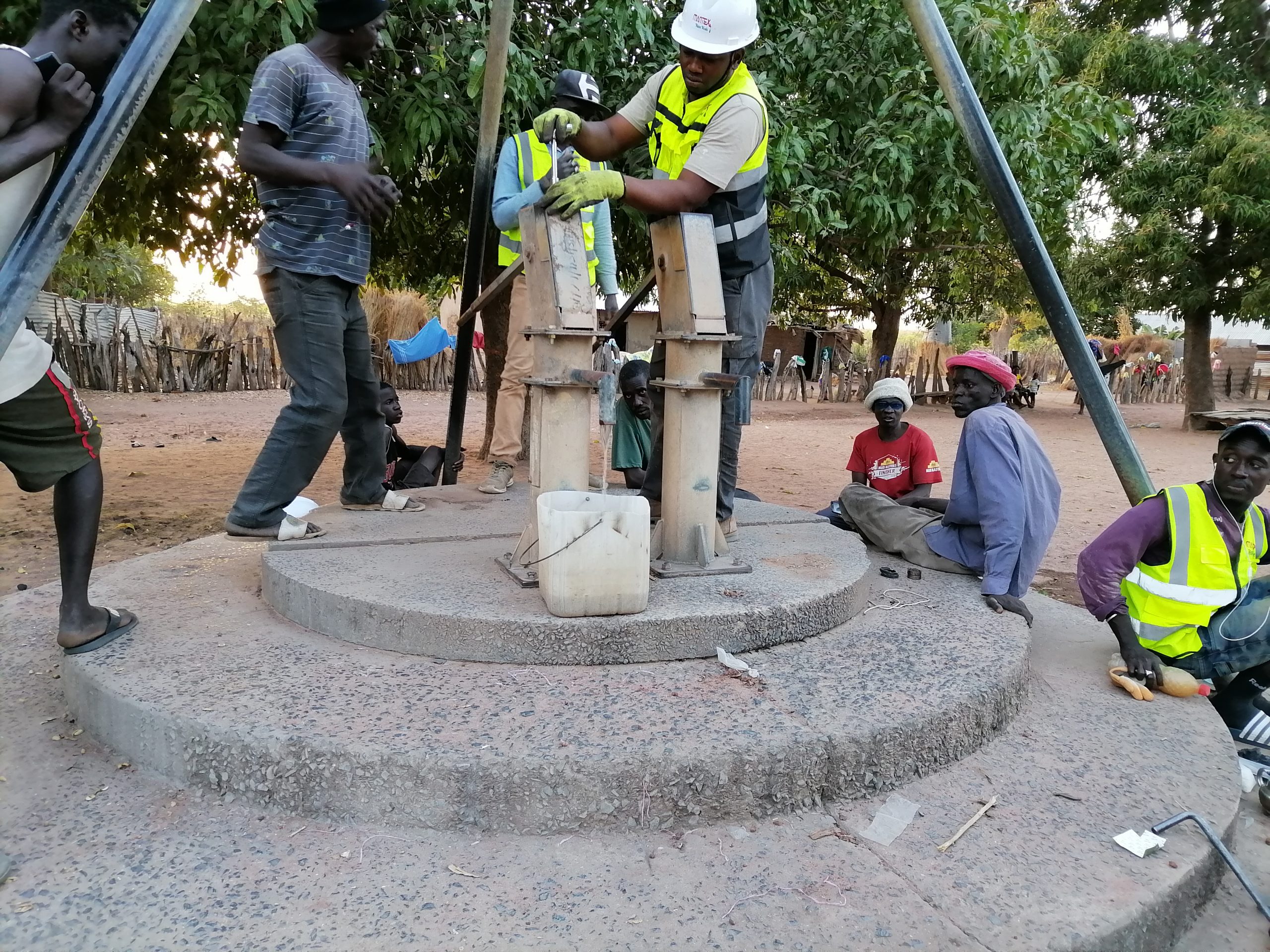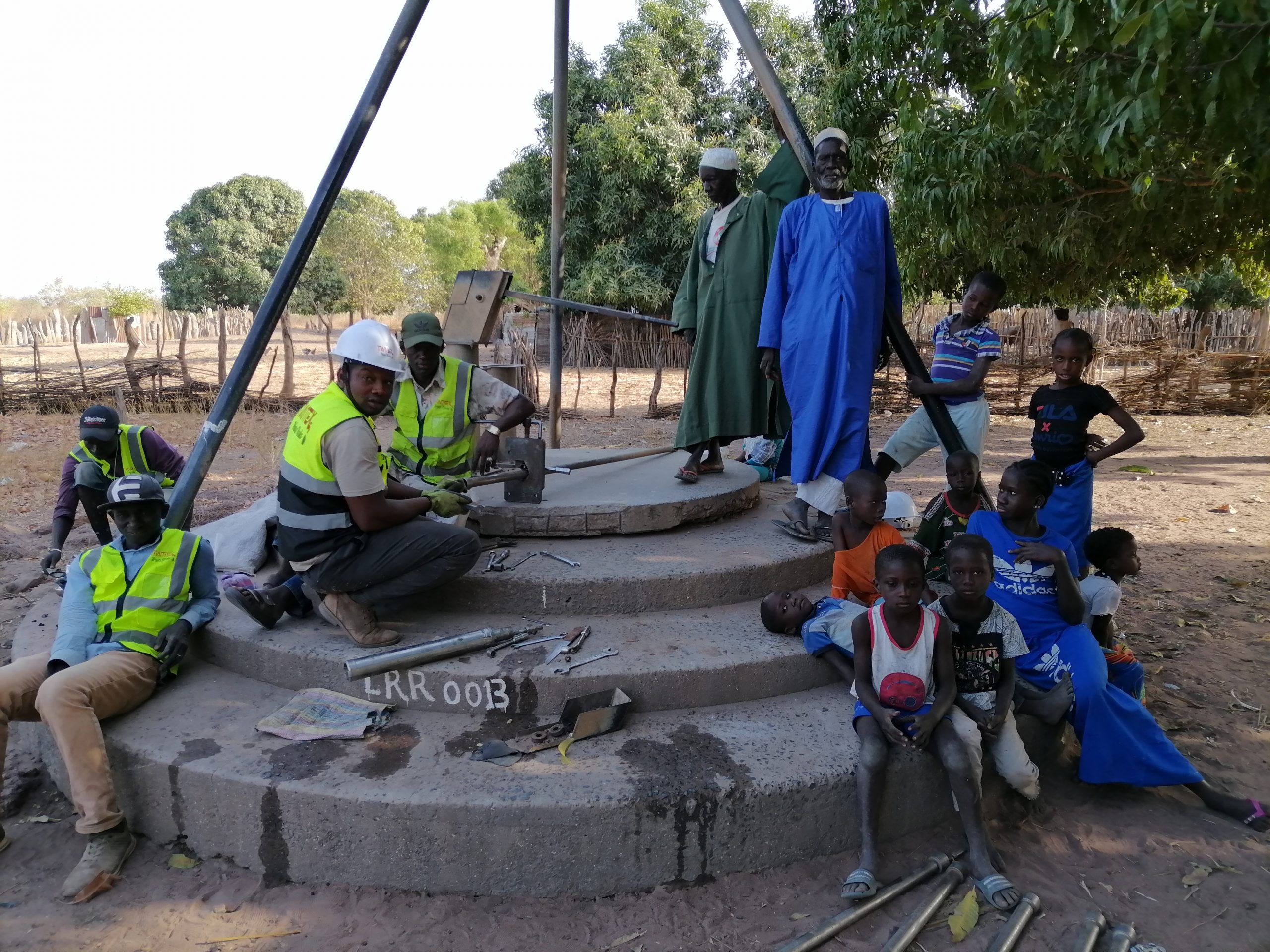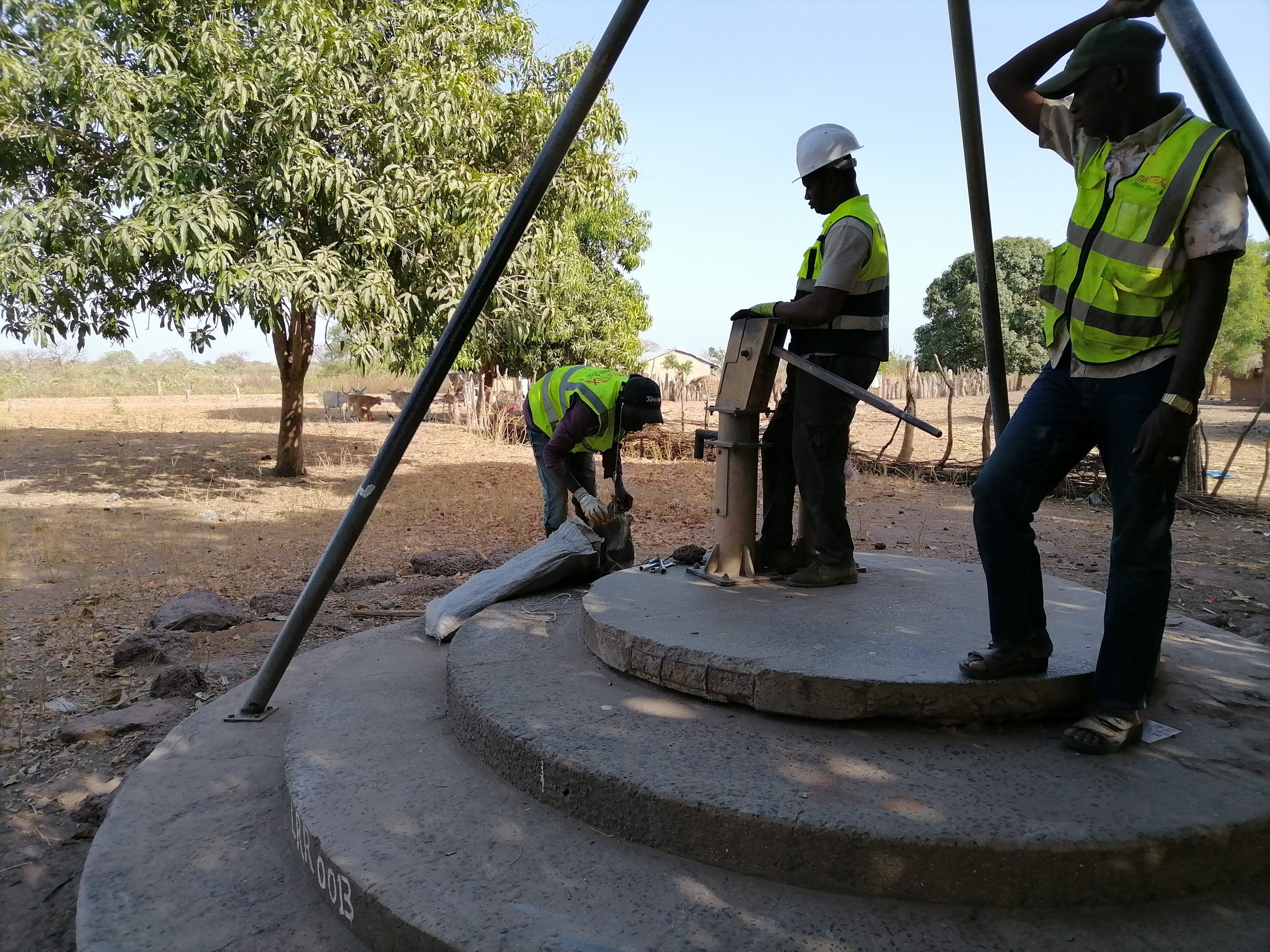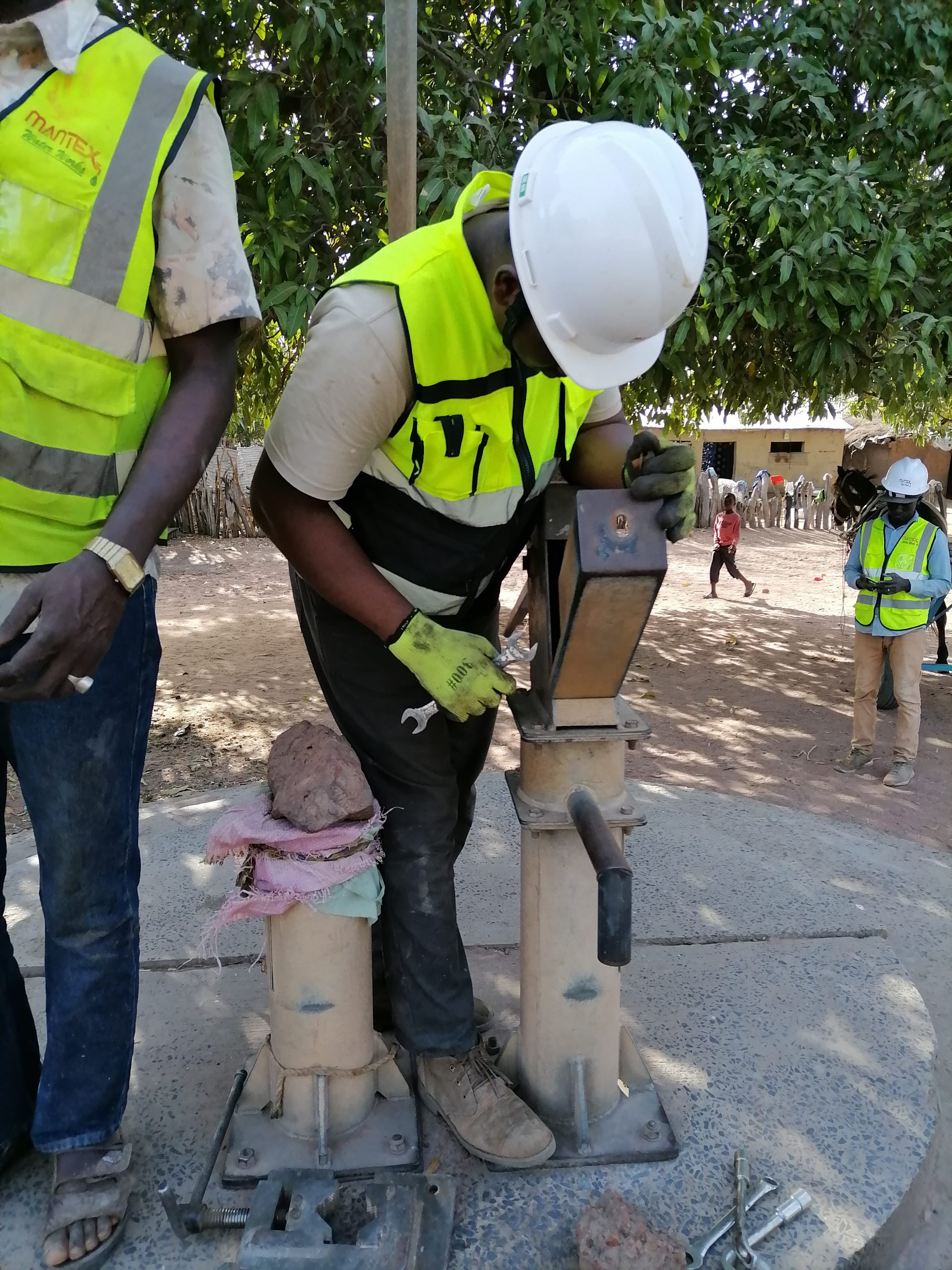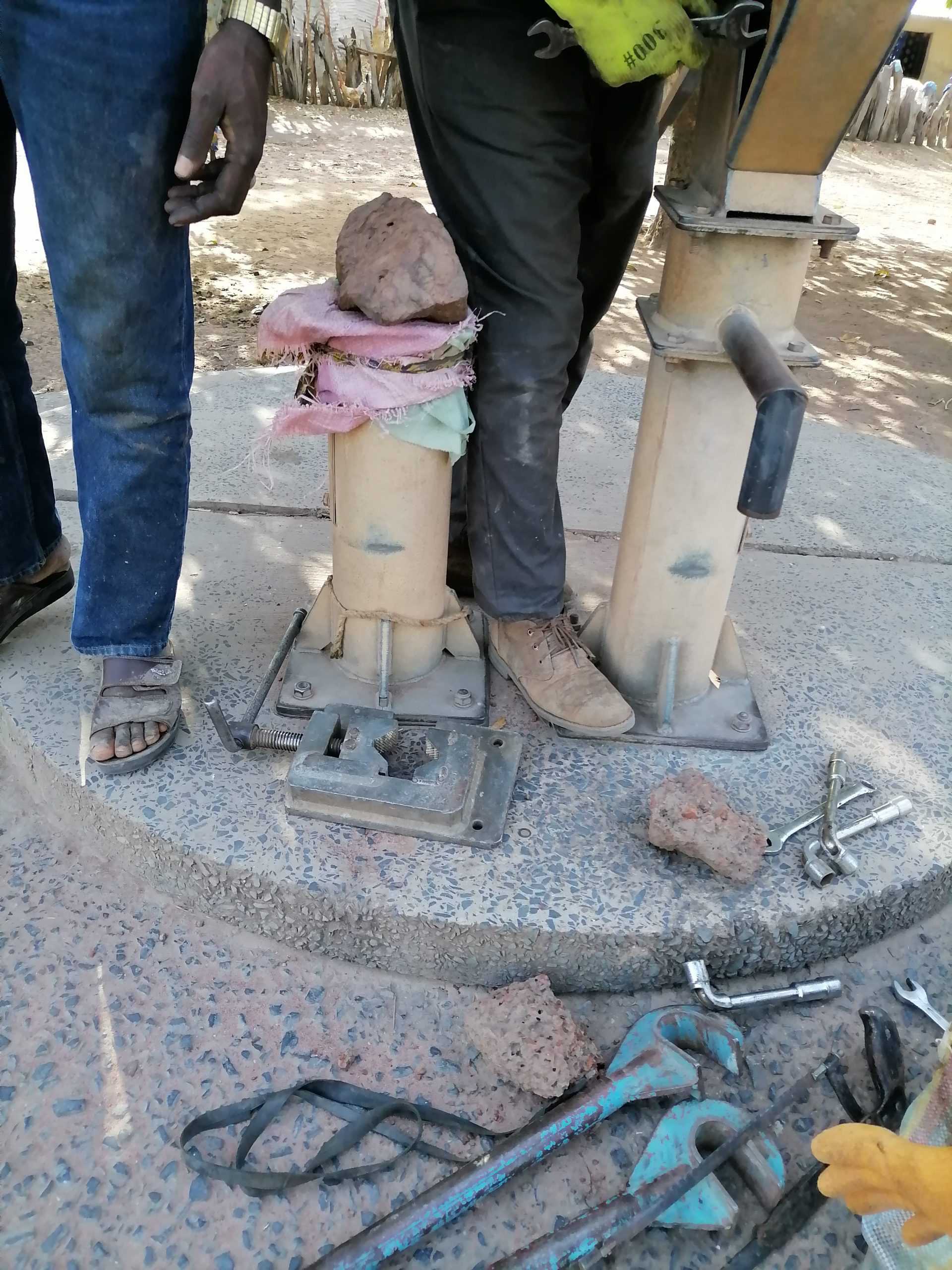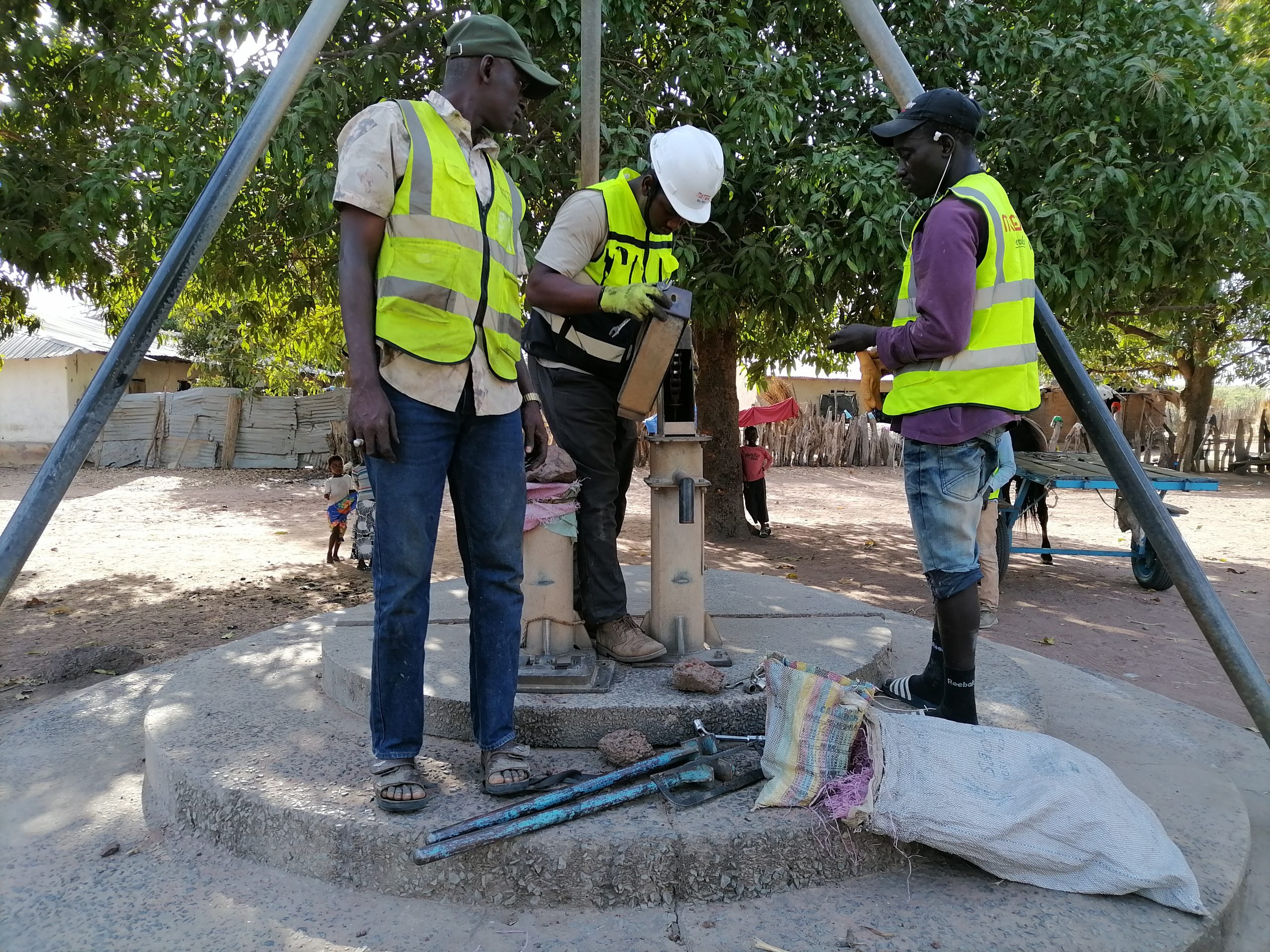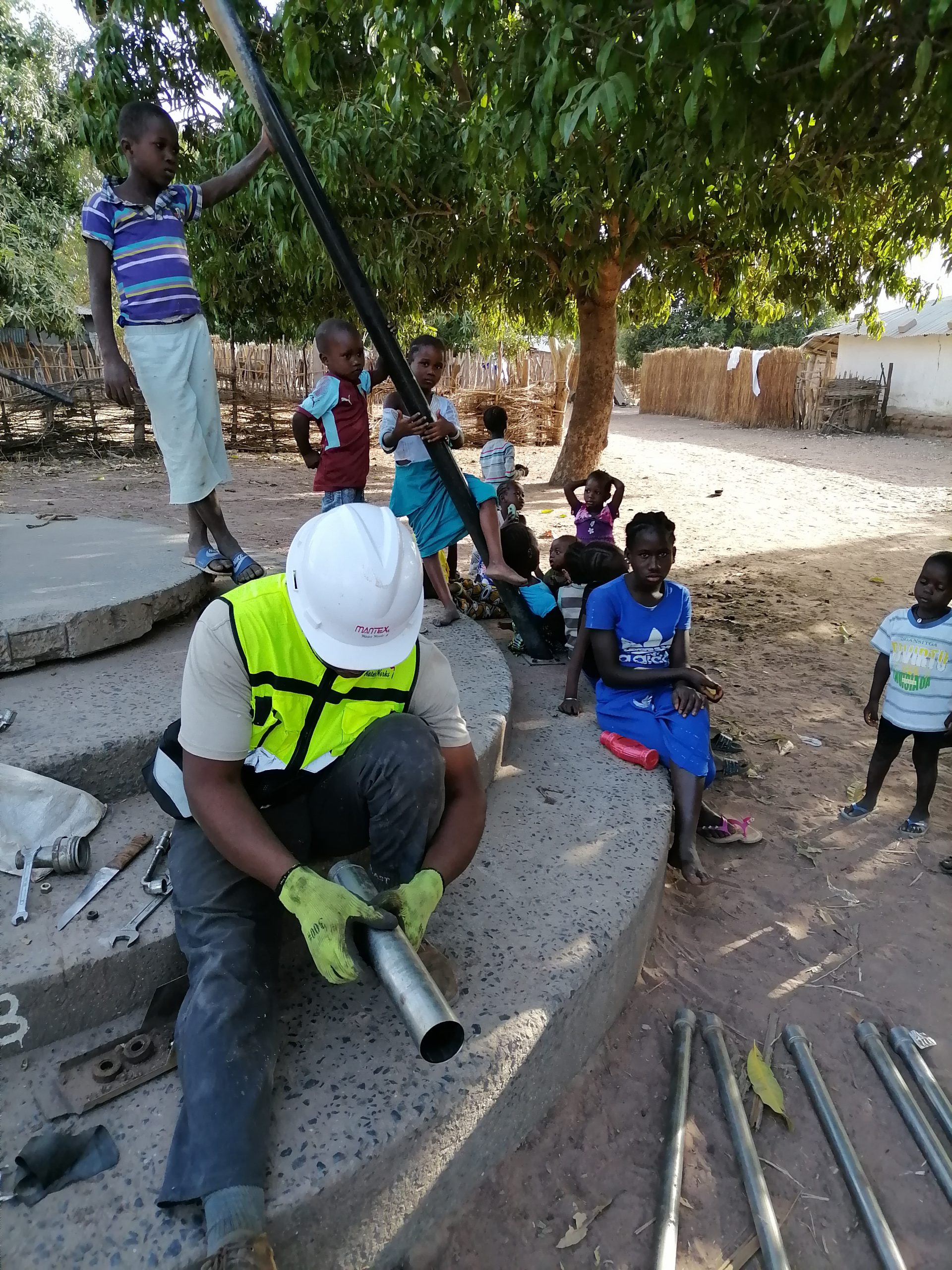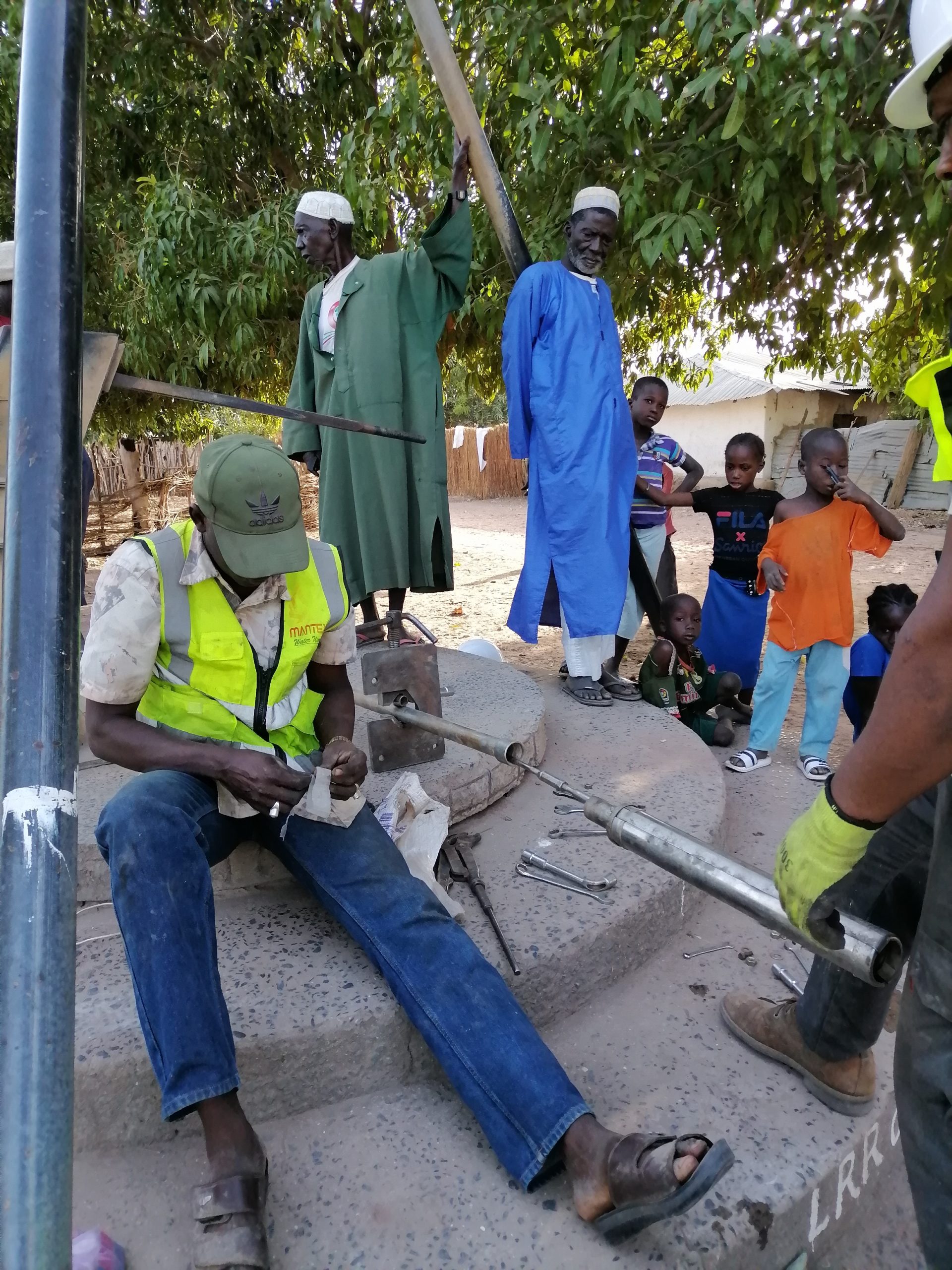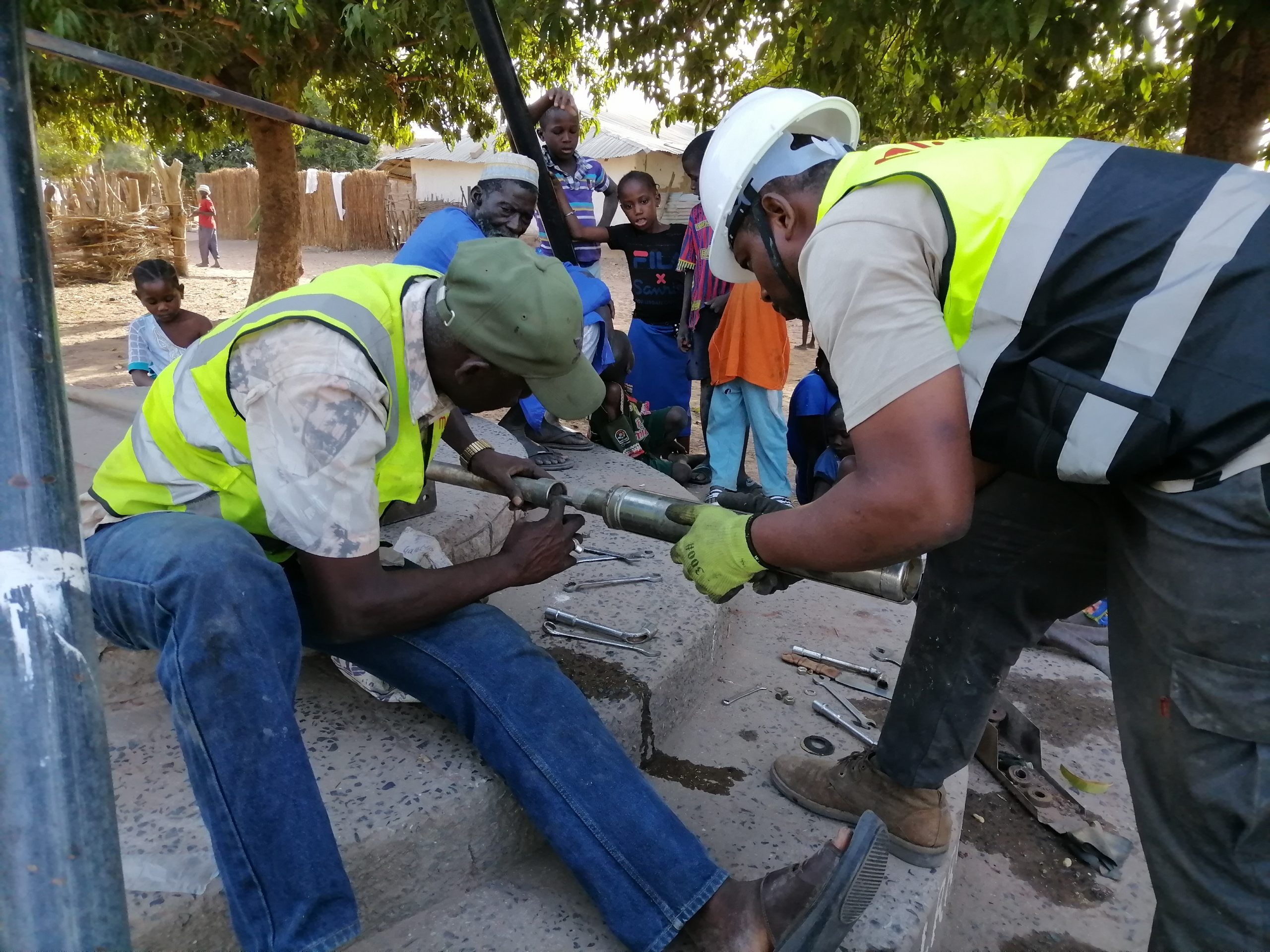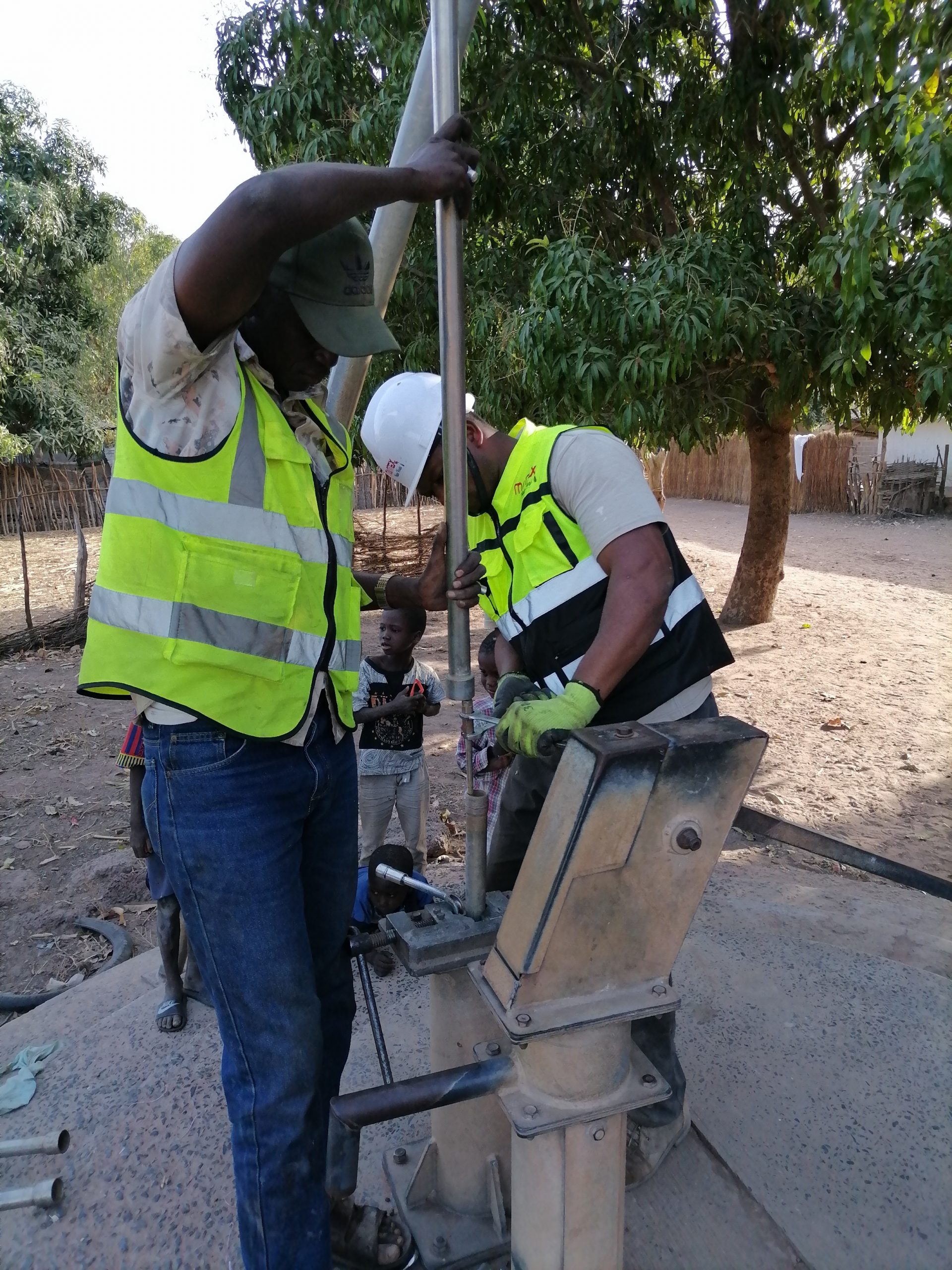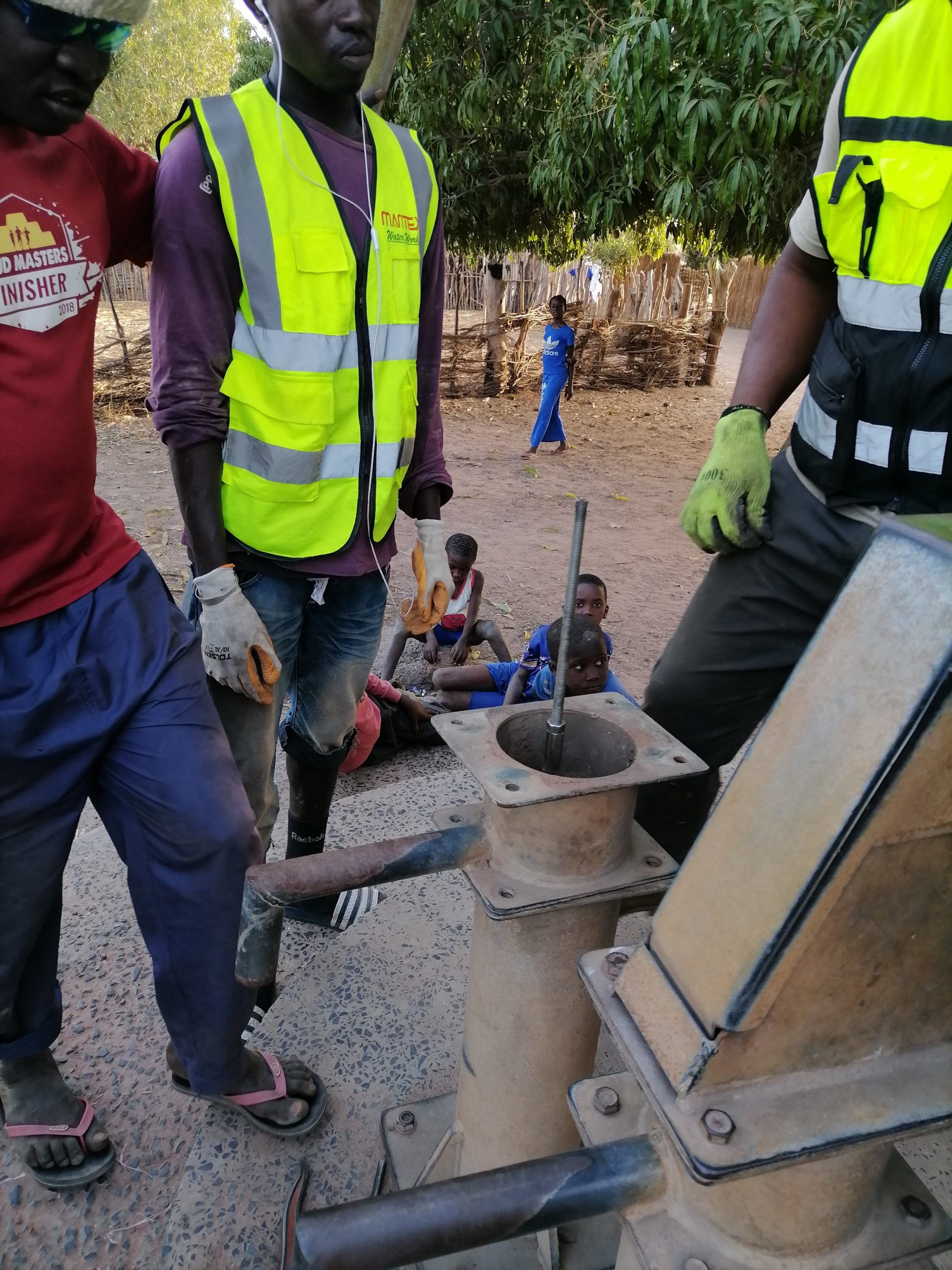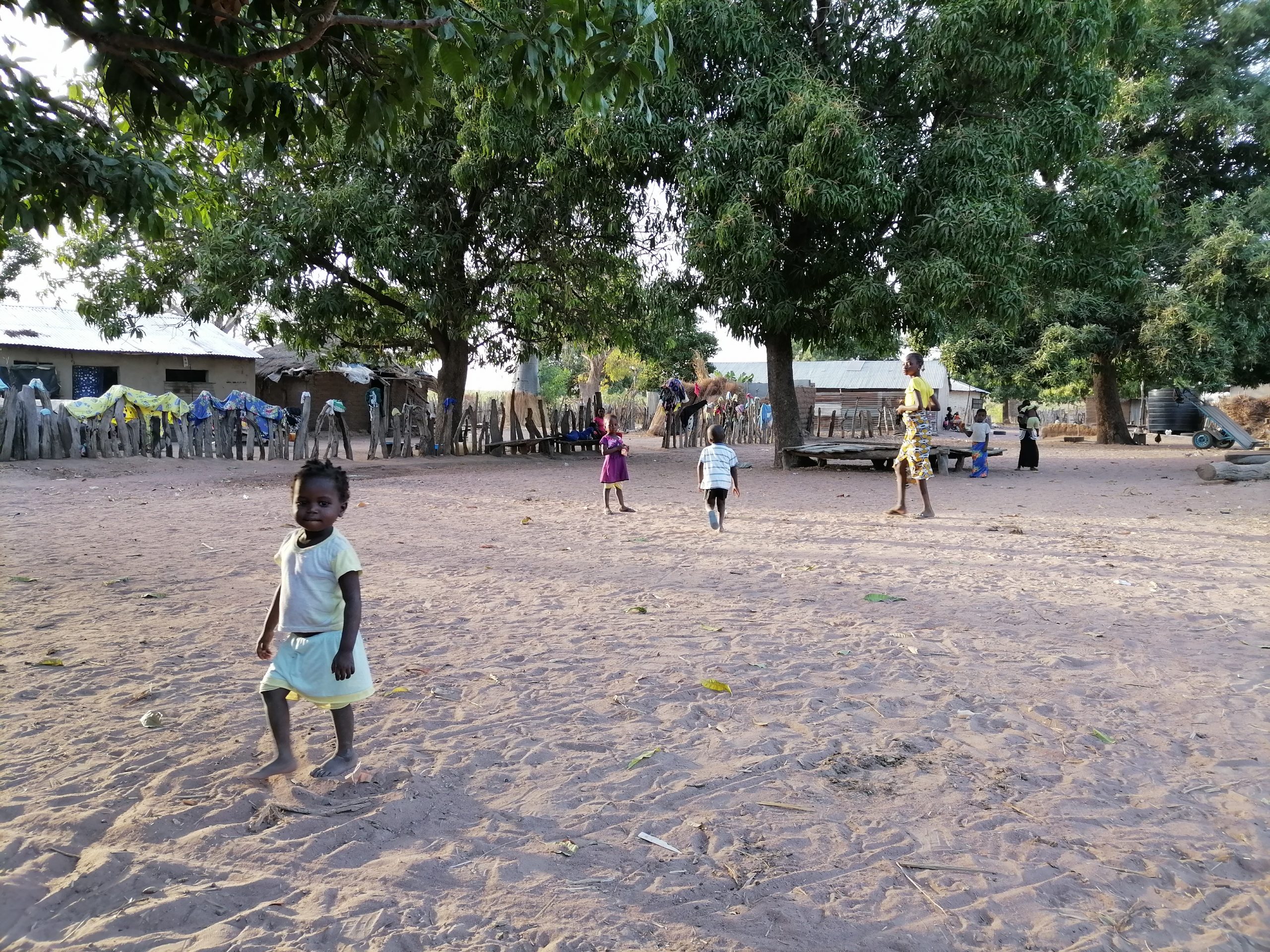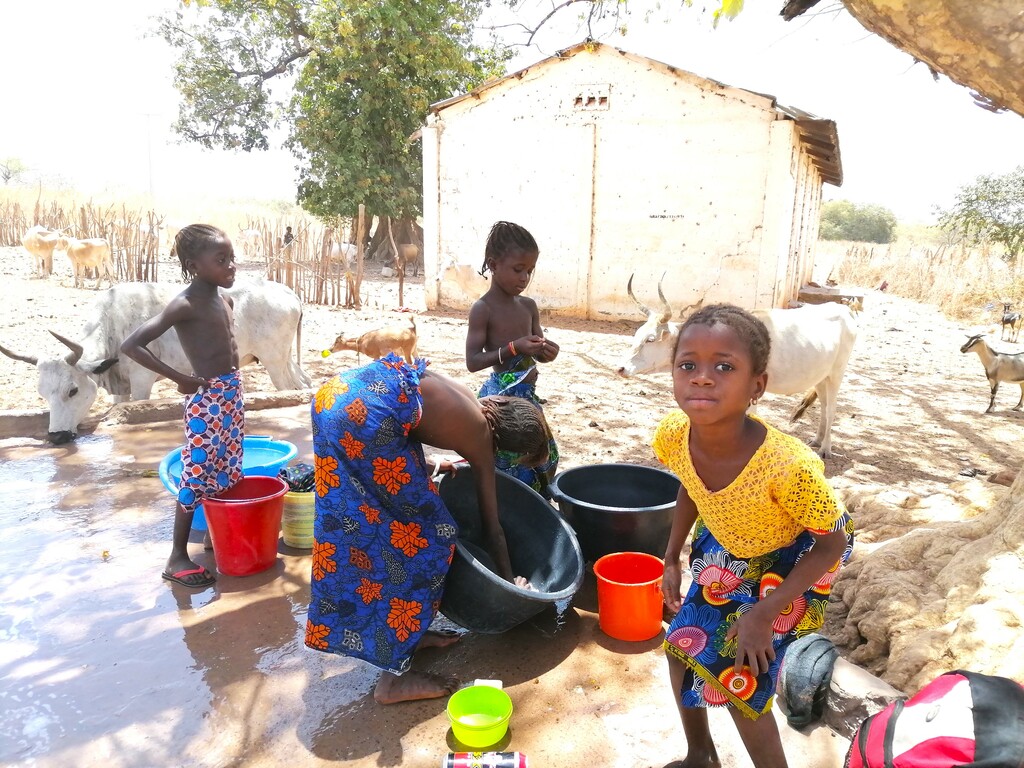
Jarra West District is one of the six districts of the Lower River Region of The Gambia. In the 2013 census, it had a population of 27,205. Its current population is estimated to be 31,900. Its main town is Soma which is a commercial town linking the Trans-Gambia corridor towards southern Senegal and Guinea-Bissau. The main occupations are farming, including crop cultivation, cattle rearing, and fishing along the banks of the river Gambia. In our recent GIS Mapping assessment, we found that most communities in Jarra Soma district lack access to potable drinking water and some communities sanitation is very low as well.
The first phase of this project has been successfully completed thanks to Water Charity and its local partner Working Water The Gambia (WWG). This is part of a series of projects launched under the Water for Everyone Initiative. The project mission was to improve water access and sanitation conditions across 5 villages in Jarra West District by rehabilitating handpumps, installing new ones where necessary, and providing hand washing stations to improve sanitation and hygiene in the communities of Fonkoi Kunda Village, Kohel Village, Missira Village, Sare Biram Village, and Sare Saidy Village. Thanks to the collaborative support of the villagers in all these villages, the project was completed successfully. This project provides access to clean water and sanitation to over 3,600 people.
Fonkoi Kunda Village
ACTIVITIES
The project saw the successful dewatering, re-digging of wells, installation of new German Mark 2 cylinders and conversion heads, stainless steel pipes, rod couplings, check nuts, pedestals, axles and bearings. Concrete water troughs were built, new culverts for wells and concrete slabs. Handwashing stations were installed in all project intervention communities supplied with detergents. In partnership with The Gambia’s Department of Water Resources, quality testing and treatment was also conducted at the end of each community project. In each community, learning sessions were held on effective handwashing techniques and simple water management strategies. Communities also participated in manual works like digging, and collecting sand and gravel. They also hosted workers, which assured that all materials were secured.
Missira Village
OBJECTIVES OF THE PROJECT
- The primary objective of this project is to provide clean drinking water and better sanitation for the people of the selected 5 villages in the Jarra West District as for the first phase of the project. This has been successfully achieved at the completion of the project.
- Another important objective of this project is to inculcate the habit of hand washing in communities. At each of the rehabilitated water sources in each community, a hand washing station is provided with detergents and also a learning session on the techniques of effective hand washing. Members of the community gather in the village square for the learning sessions. This is a tool to combat the spread of germs and other communicable diseases that could spread within communities, especially after using the toilets. It also aids nursing mothers as well as children to understand the importance of hygiene and sanitation. Participation in the learning sessions was high. Community engagement was immense and enthusiastic.
- One of the objectives of this project is to provide clean drinking water for marginalized far reached vulnerable communities like Kohel and Fonkoi Kunda among others.
- The project also empowers women and girls. We all know the burden women and girls bear in water collection. This clean water project will empower girls’ participation in school and discourage families from an early marriage of girls. The time spent on water collection is far shorter now for school-going girls. This is a boost for girls’ participation in the school curriculum especially in the villages of Kohel and Fonkoi Kunda.
- Another objective of these projects is to encourage women’s engagement in household-level horticulture gardening. Every rehabilitated water source includes a concrete watering trough. The water trough traps wastewater from the hand pump and can be used by nearby houses for small-scale household horticulture vegetable gardening. This avoids the wastage of water and allows households to grow vegetables and enables their livestock to drink. This helps provide the households with a balanced diet and thereby alleviates the extreme poverty communities’ face, especially in the dry season.
- Key objective of this project is to cut down the high rate of water-related illnesses in the recipient communities. Children often face the brunt when it comes to waterborne diseases. Certain households are drained of all resources when a family is struck with waterborne diseases. These water projects will lessen the burden on communities and money that would otherwise be spent on doctors or medicine can be used for food or for girls’ education instead.
- Another key objective of this project is to ensure ample clean drinking water for communities in order to discourage young men and women from leaving their communities, taking the deadly voyage through the Sahara Desert towards the Mediterranean, where they are often abused and some lost their lives on these perilous journeys. The project will also remedy the massive rural-urban drift which is also caused by the lack of water in communities.
- Setting up and training village water management committees was another objective of the project. For sustainability purposed, we set up and trained water management committees in all the project communities. They help in the day-to-day management and maintenance of the water source. This will help make the project sustainable. As best practice, we ensure the committee is gender-balanced and that women have a say in the maintenance and management of the water source. Jarra West is mainly inhabited by The Mandinka and Fula tribes. Messages were disseminated through a local grassroots level in their mother tongue, which made our work much easier. This is a powerful tool for us to achieve our aims and the successful conclusion of this project.
Kohel Village
BENEFICIARY TESTIMONIAL
The excitement and happiness are overwhelming in all the communities. Heads of villages and cultural leaders of the respective 5 villages all expressed their sincere thanks for the project and happiness, highlighting the positive impact that these clean water projects have in their lives.
Samba Jom, village health officer, and his colleagues all expressed their praises on and thanks to Water Charity. They mentioned the tremendous importance of water and sanitation in communities. This project is timely they said. The provision of clean drinking water and hand washing stations in these communities will surely cut down the rate of waterborne diseases thus the health bill will be lower for poorer communities. They also mentioned the social and economic importance of the water projects, as well as the tremendous importance of clean drinking water for the communities.
Traditional and cultural women leaders in all beneficiary villages expressed their happiness and gratitude for the projects. Other community leaders of the beneficiary villages expressed their thanks and gratitude for the clean water projects. They emphasized the importance of these water projects, saying it will promote greater understanding and goodwill among the various tribes within the community. Alieu Gaye, a primary school teacher in Missira said he is now happy students won’t be coming late at school due to the times spent in water collection in the mornings. Our students will now be coming to school neat and properly take bath too, now we have clean water flowing in our communities thanks to Water Charity. Omar Saidykhan a representative of the family of the traditional chief, Honorable Yahya Jarjusey , along with other cultural and Social leaders in Jarra West, all emphasized the importance of this project, saying the power of clean drinking water unifies villages and helps fight poverty which their district is severely facing. This project will solidify brotherliness and more understanding among ourselves, they said. They also urged village water committee members to wholeheartedly strive to take good care of the water sources. They all thank Water Charity for these great projects.
Sare Biram Village
Sare Saidy Village

This project has been completed. To read about the beginning of the project, CLICK HERE.
